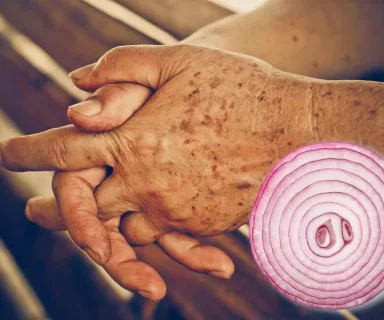Advertisements
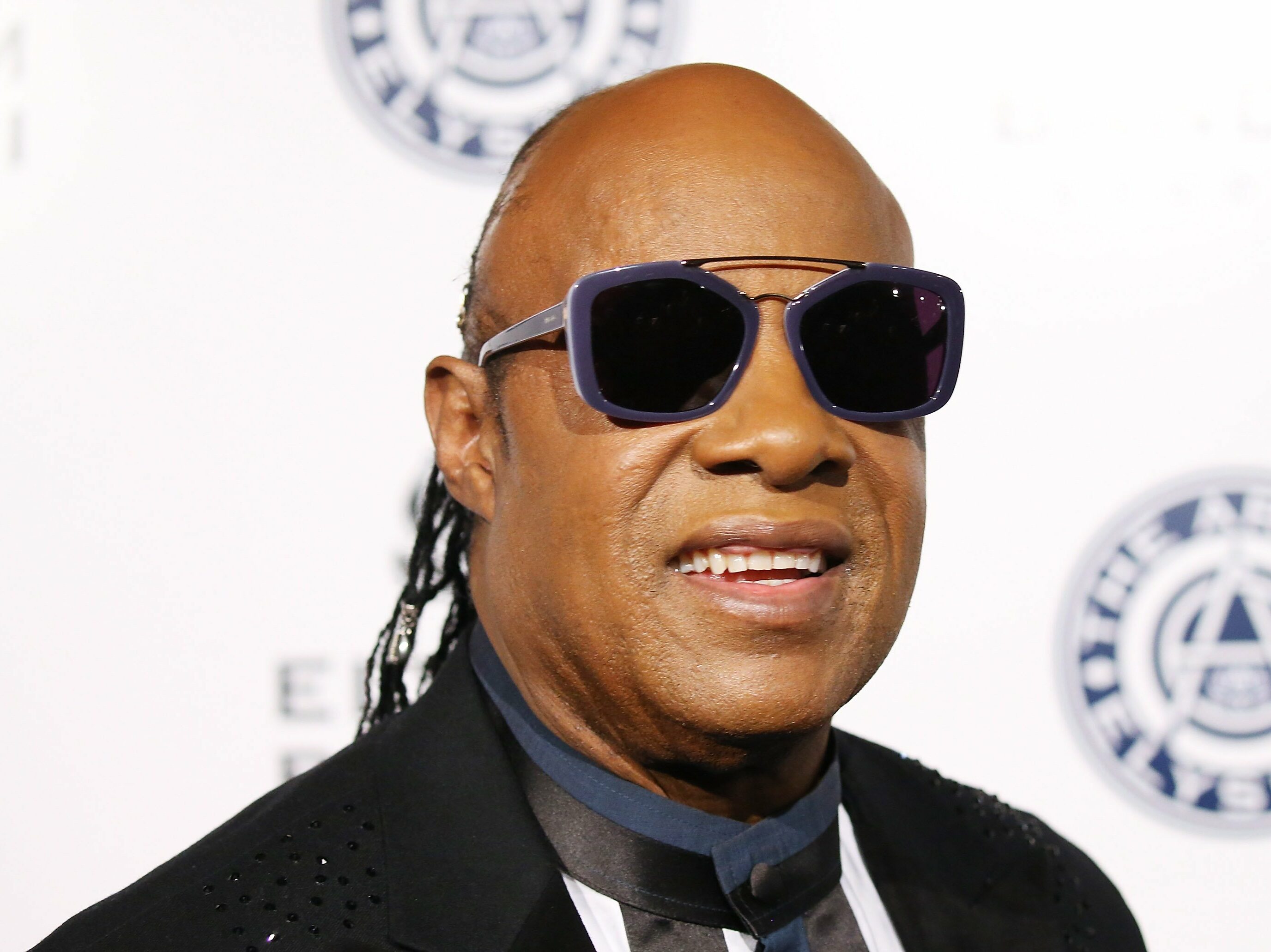
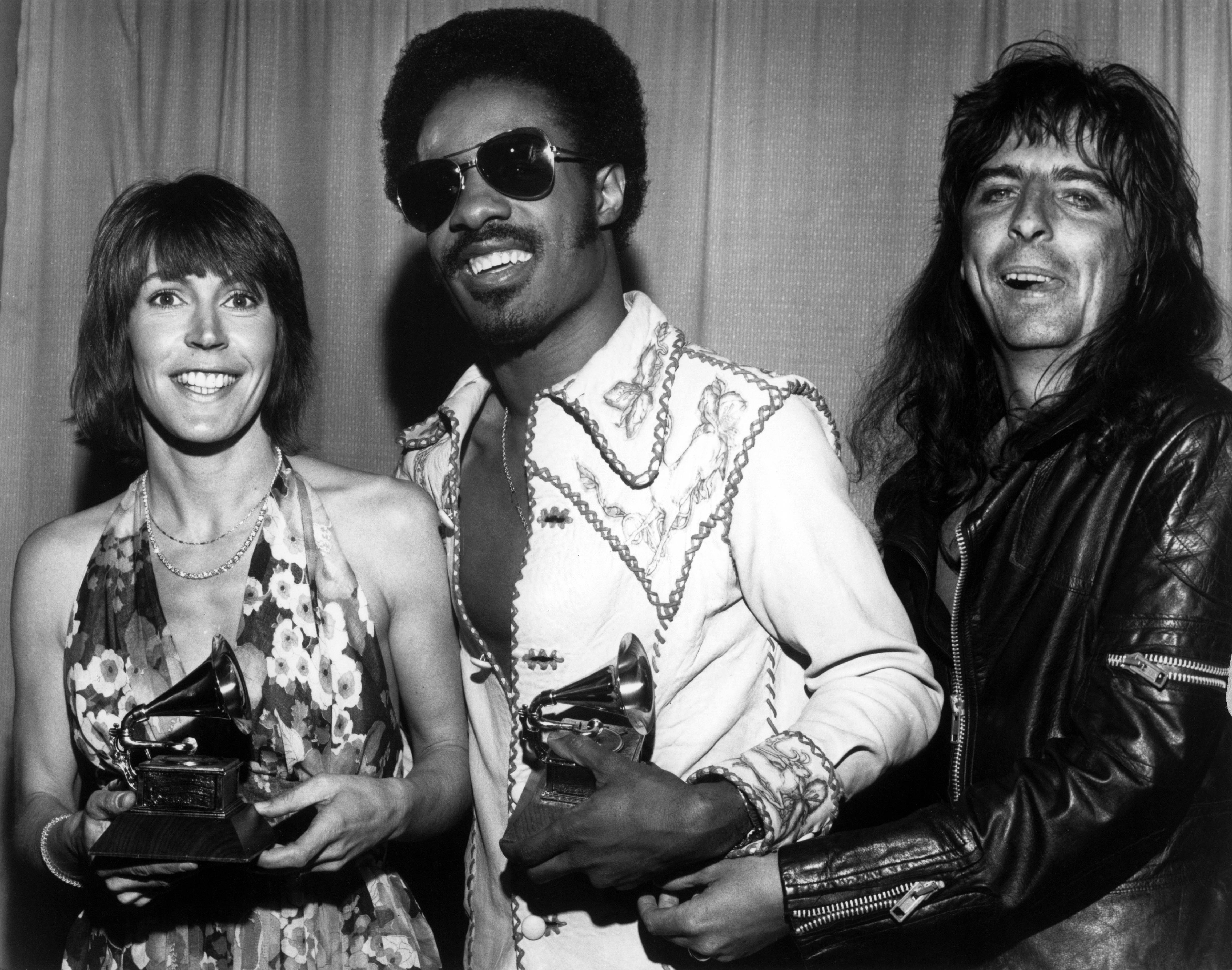
Yes, Wonder wasn’t born blind. Some would argue, though, that he always had the makings of a genius. And his achievements are undeniable. In the ’70s, for instance, Wonder won the Album of the Year Grammy on three successive occasions – which, at the time, was entirely unprecedented.
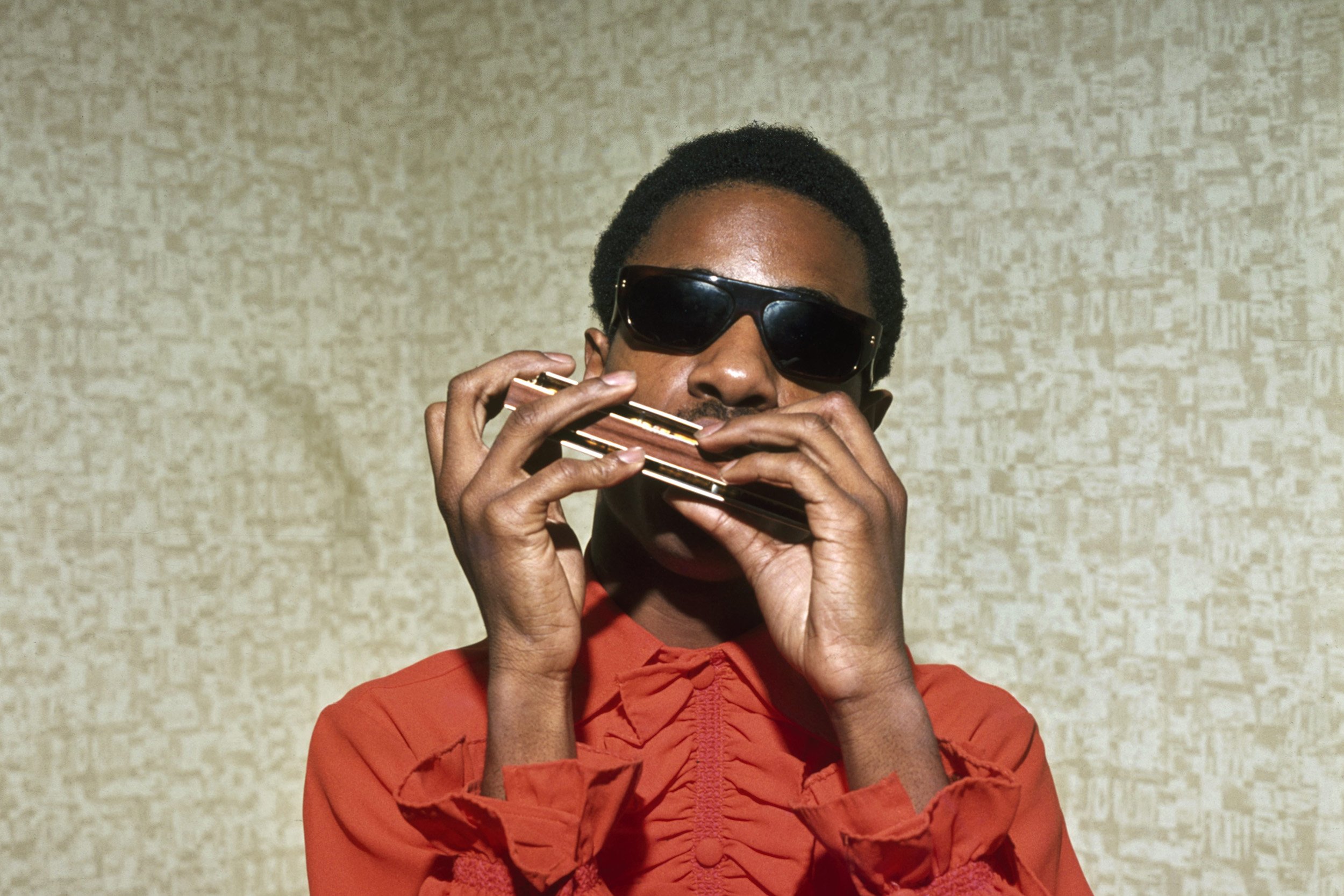
Oh, and then there’s the small fact that Wonder can play virtually every instrument under the sun. Before he was even ten years old, he could wow his family on the piano, the harmonica and the drums. As he grew older, he also learned the synthesizer, the bass guitar, the clavinet and bongos, among others.
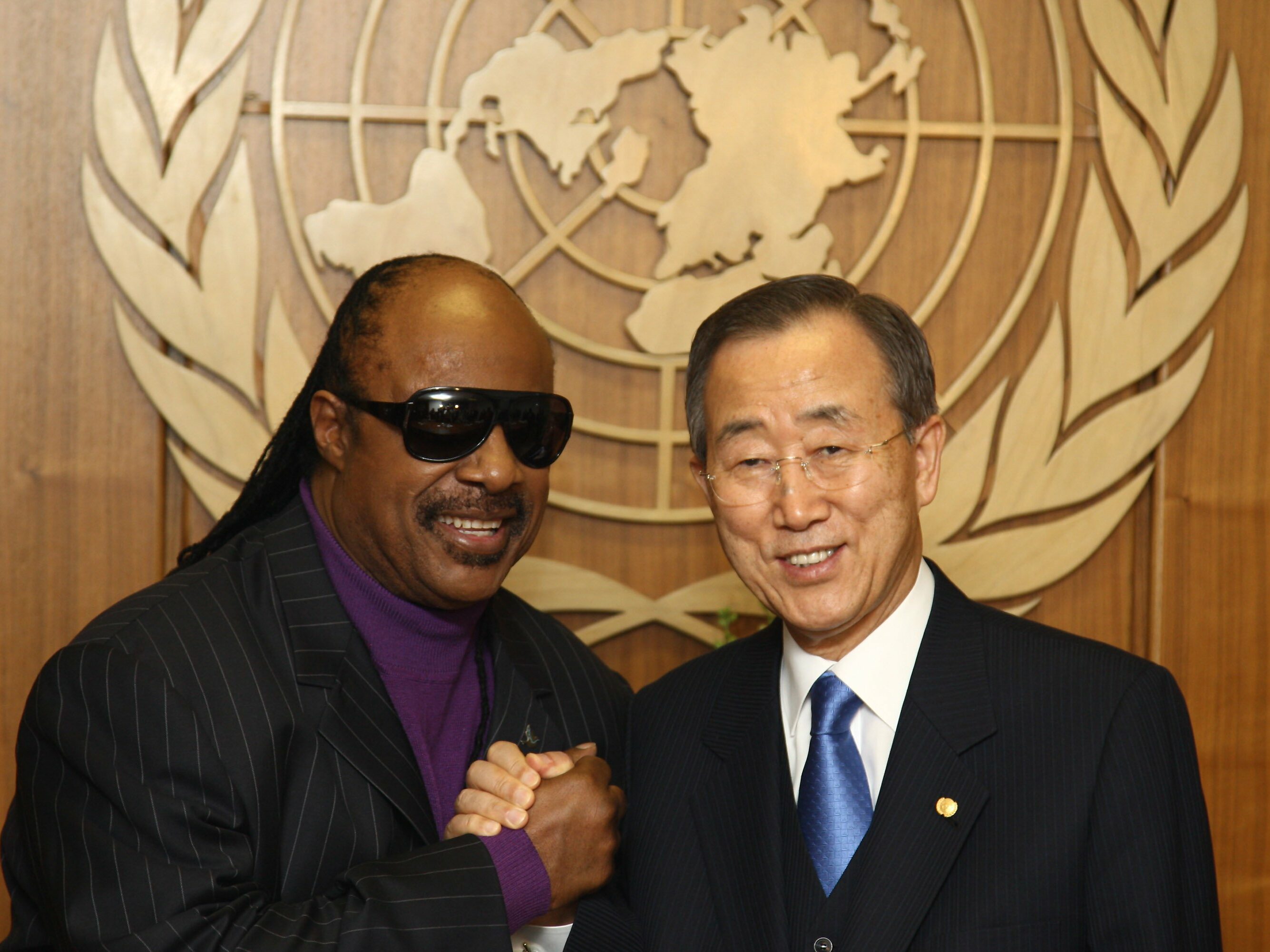
Then there’s Wonder’s activism. Ever thought about how Martin Luther King Jr. Day came into being? Well, the musician helped kickstart the campaign to commemorate the civil rights icon with a national holiday. And he’s been rewarded for his efforts. In 2009 the United Nations made Wonder a Messenger of Peace, and in 2014 he was bestowed the Presidential Medal of Freedom by Barack Obama.
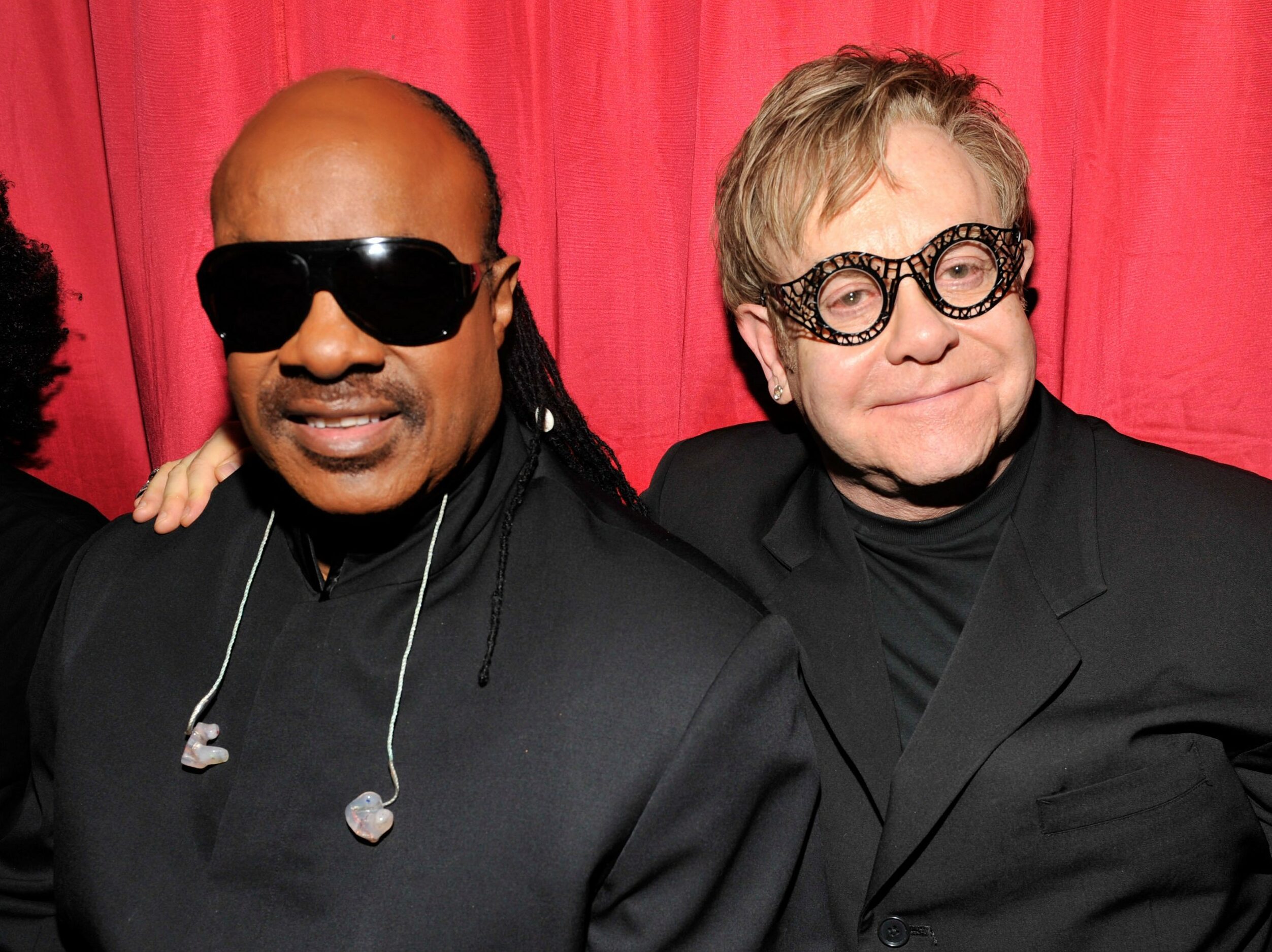
But, of course, Wonder’s best known for his incredible music. And if you think that sounds like hyperbole, then listen to Elton John. The English rock icon once wrote for Rolling Stone, “Let me put it this way: wherever I go in the world, I always take a copy of Songs in the Key of Life. For me, it’s the best album ever made, and I’m always left in awe after I listen to it.” That’s exceptionally high praise.
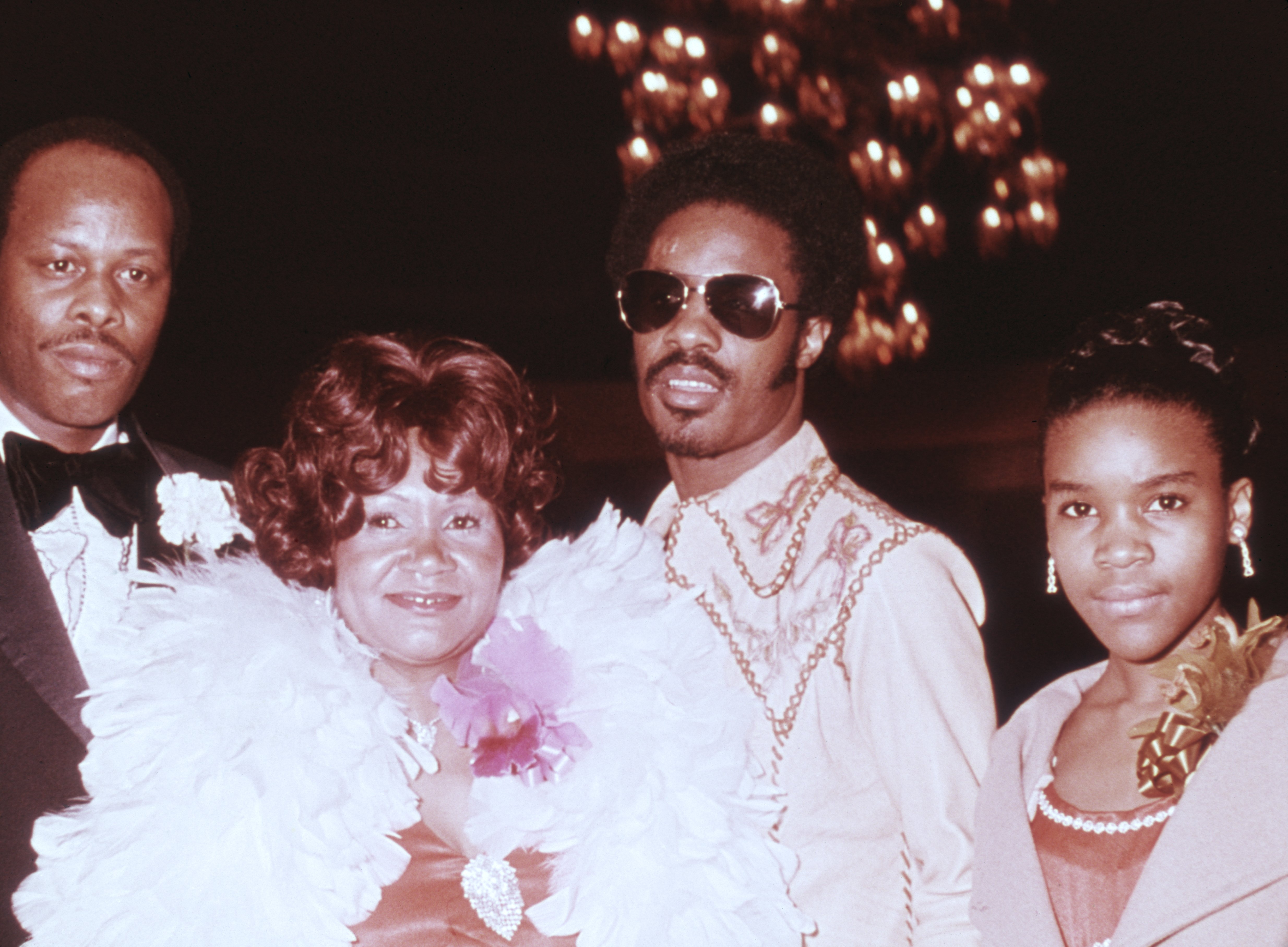
Obviously, Wonder never let his disability hold him back. And being blind wasn’t the only adversity he and his family had faced. According to his mother Lula Hardaway’s biography, Wonder had grown up poor. Allegedly, his father had also been an alcoholic who had mistreated his mom. But life would eventually get better for the musical prodigy.
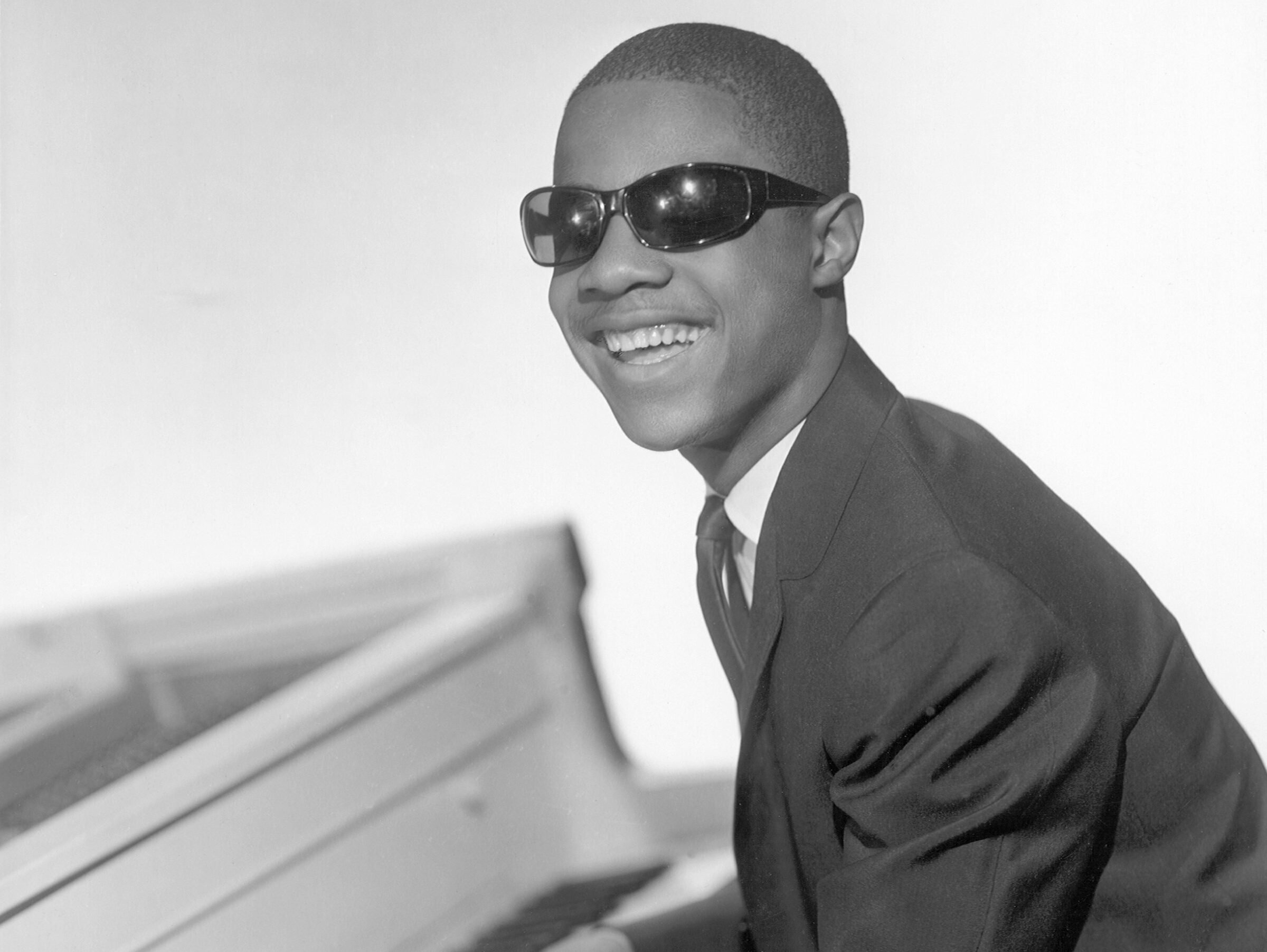
When Wonder was only four years old, you see, Hardaway moved the family from Michigan to Detroit. Here, her son blossomed into a young man with talent to be reckoned with. And when The Miracles’ Ronnie White discovered the 11-year-old Wonder, it was the start of something big. White got the boy an audition for Motown Records head honcho Berry Gordy Jr. The mogul, in turn, signed Wonder to a record deal.
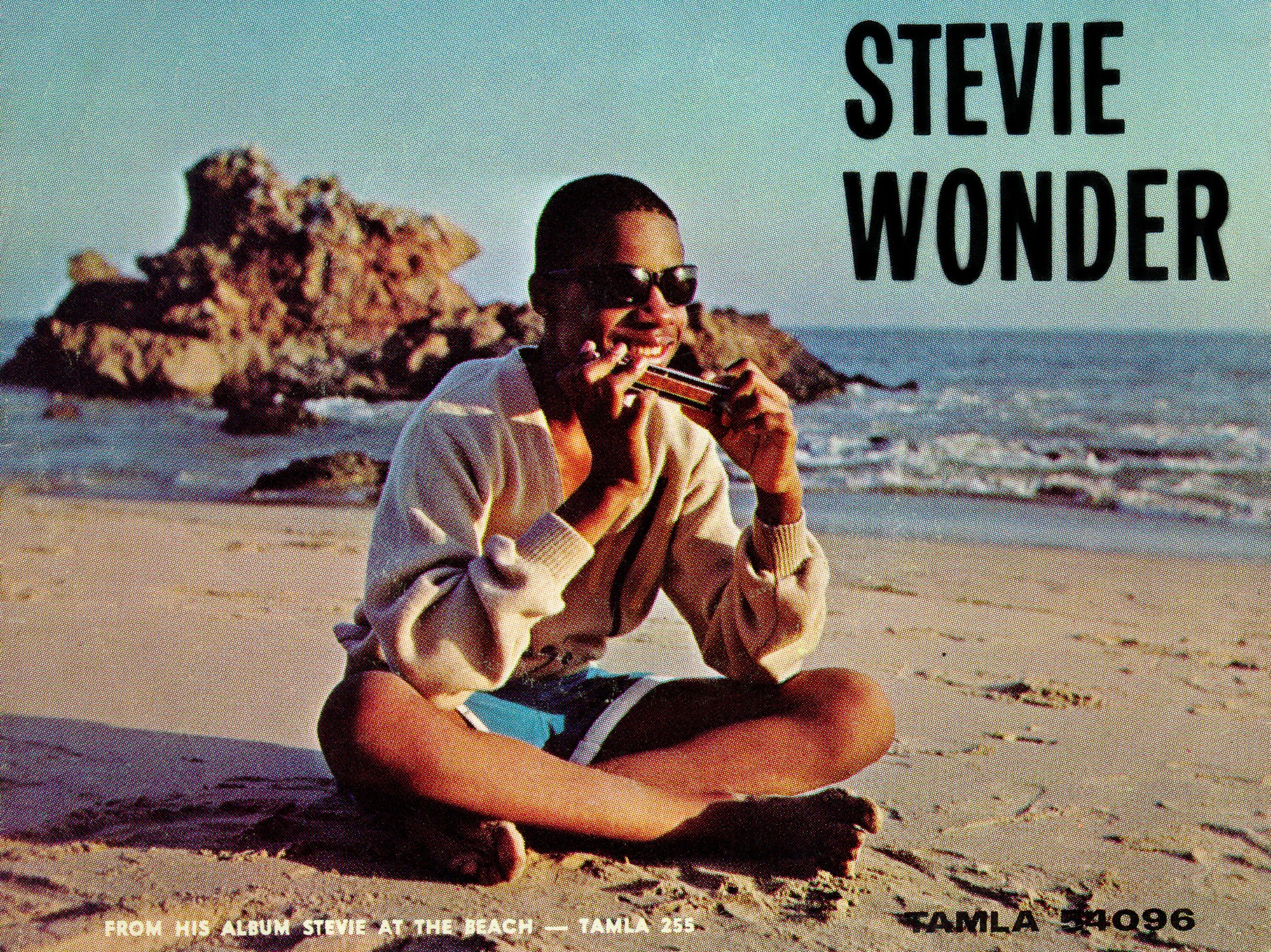
Wonder started off at an early age, then! He released his first album before he even hit his teens, in fact. That record was followed by the live album Little Stevie Wonder the 12 Year Old Genius – a title that may have seemed to some like a lot of hot air. But the young man would live up to that lofty label – and while growing up blind, too.
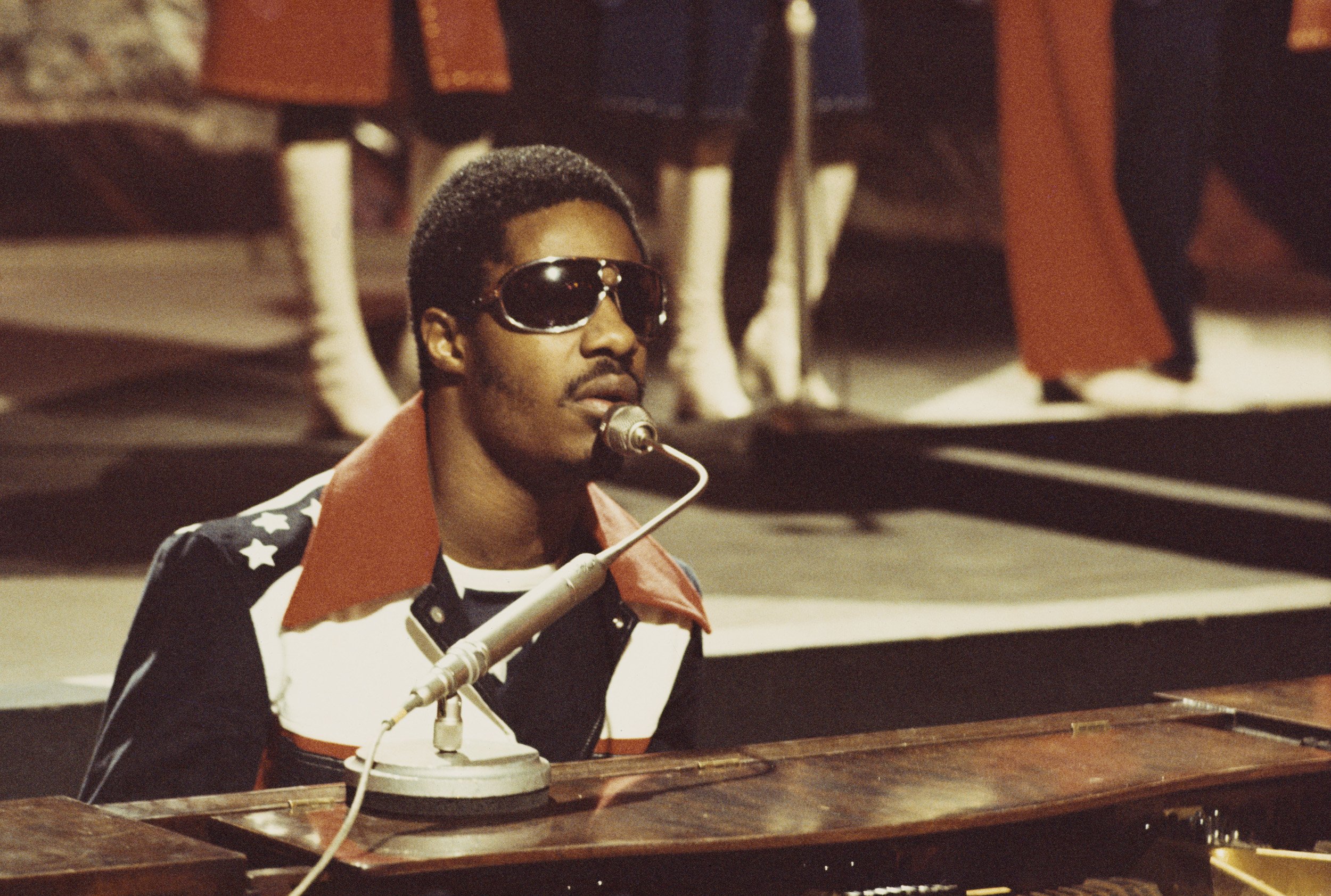
In the ’70s, Wonder matured into his “classic period,” swiftly releasing a slew of peerless albums that marked him as a true talent. In 2016 Slate’s Jack Hamilton looked back on this time, writing, “Most Americans follow up their 21st birthdays with a hangover. Stevie Wonder opted for arguably the greatest sustained run of creativity in the history of popular music.”
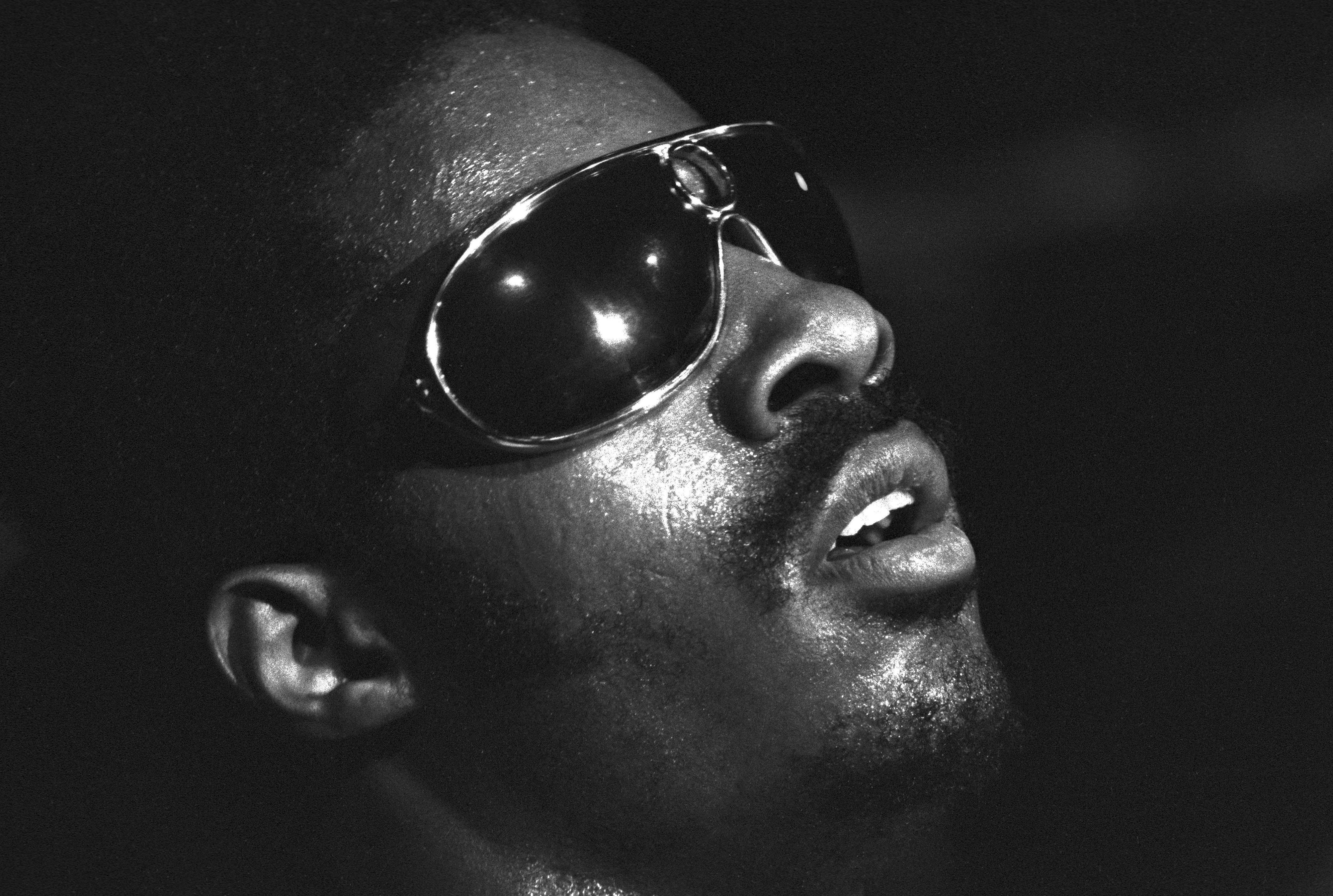
In the five years from 1971 to 1976, Wonder released Music of My Mind, Talking Book, Innervisions, Fulfillingness’ First Finale and Songs in the Key of Life. That last album, in particular, was a seminal moment in Wonder’s career. But it meant more than just that. Hamilton waxed lyrical about Songs in the Key of Life in his Slate article, labeling it “a monumental work of American popular culture” and “perhaps the most ambitious work ever made by a pop star at the height of his or her powers.”
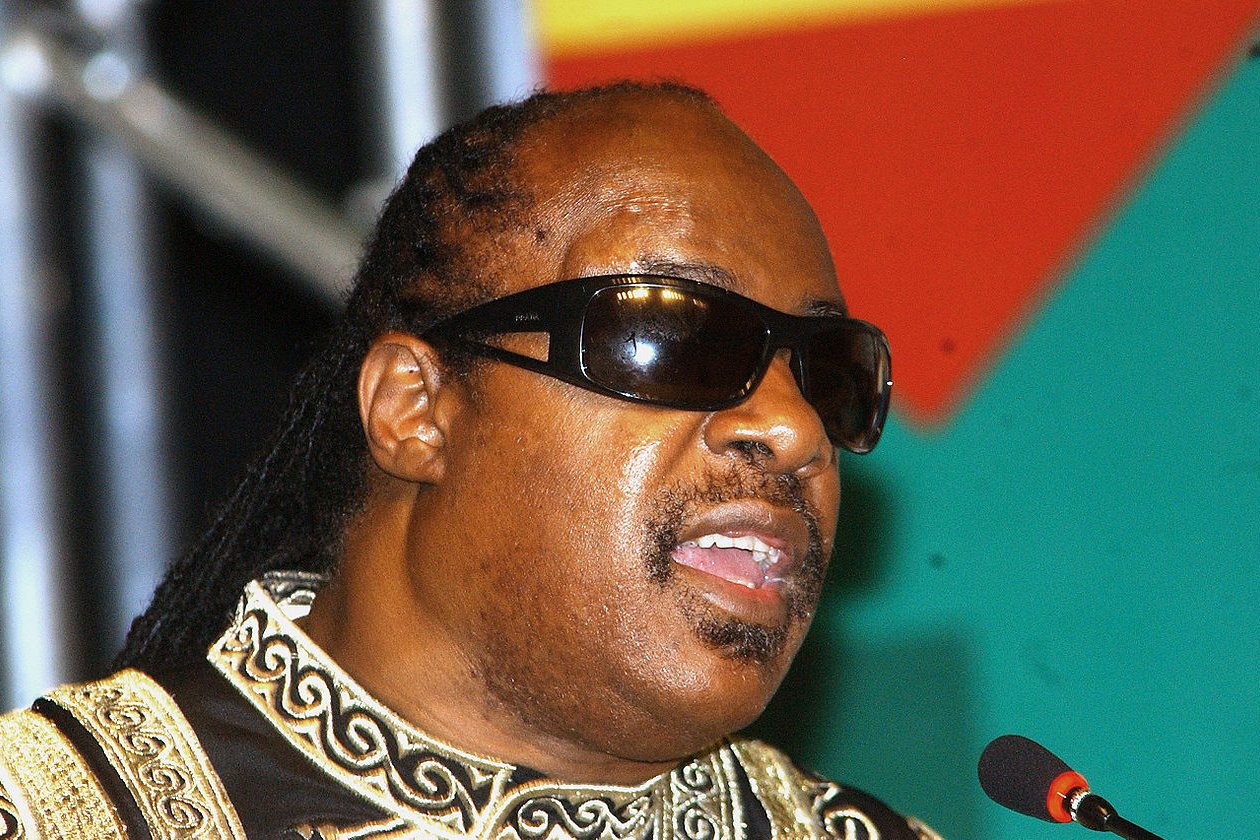
If that sounds like hyperbole, then it’s worth looking at just what an achievement that record was. Wonder tackled a huge number of important topics in his lyrics, touching on religion, love and betrayal as well as social inequality and divorce. He pushed the boundaries of what pop music could be about – sonically, too. And, of course, he did it all while blind.
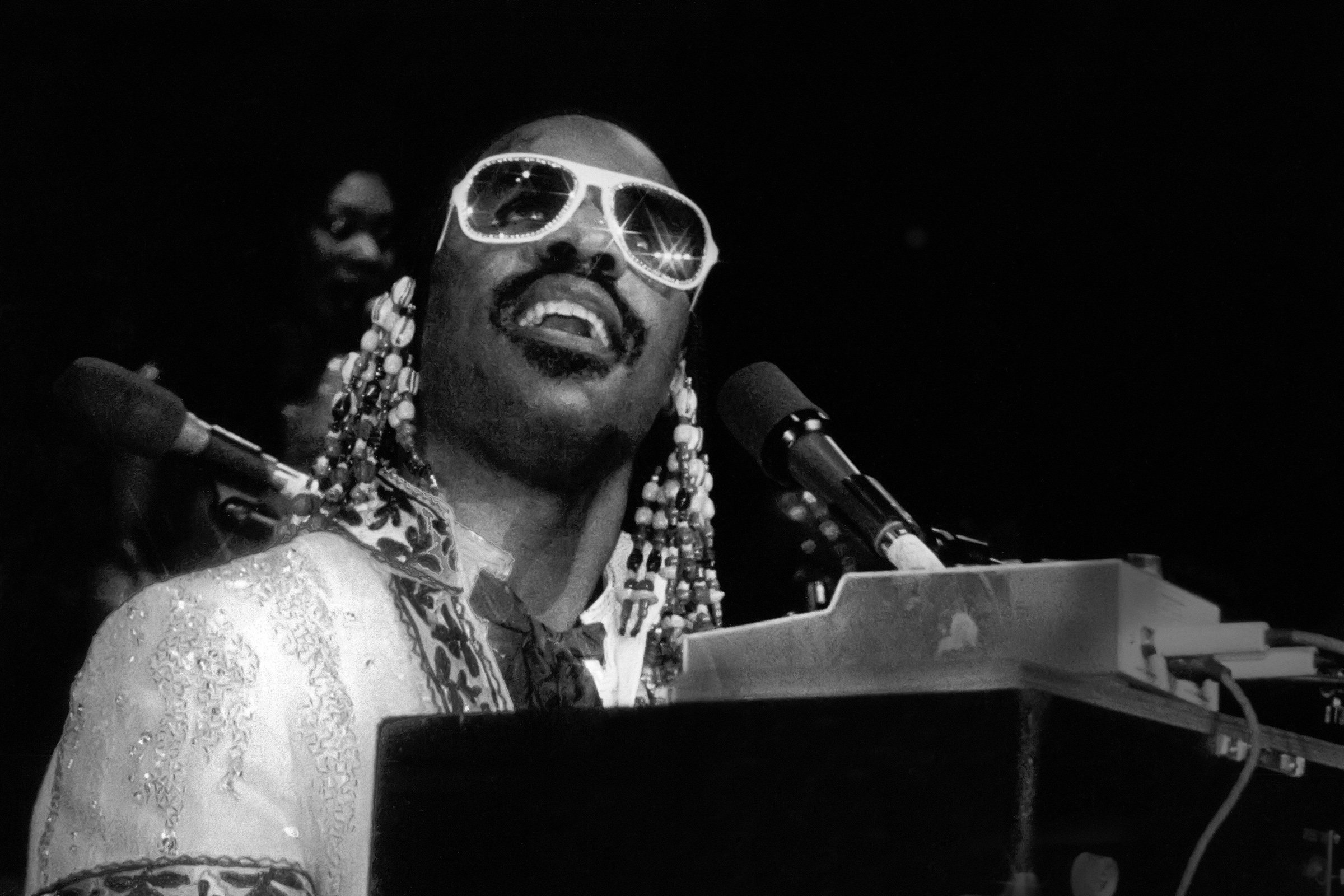
Wonder’s been beautifully consistent in how he characterizes his disability, though. He doesn’t see it as a negative thing, and he believes it helps him access areas of his mind in ways sighted musicians can’t. The star first explained this idea during a 1975 interview with The New York Times.
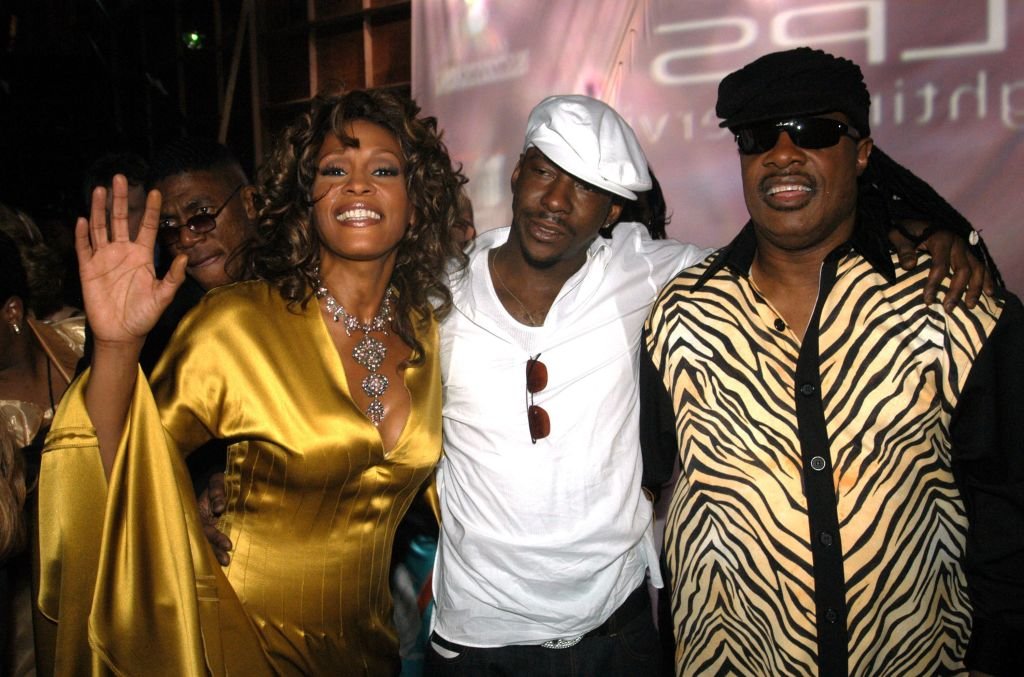
Back then, the Times reporter asked Wonder whether his inability to see had played any part in the creation of his music. And to that, the star responded, “It’s played a part in that I’m able to use my imagination to go places, to write words about things I’ve heard people talk about. In music and in being blind, I’m able to associate what people say with what’s inside me.”
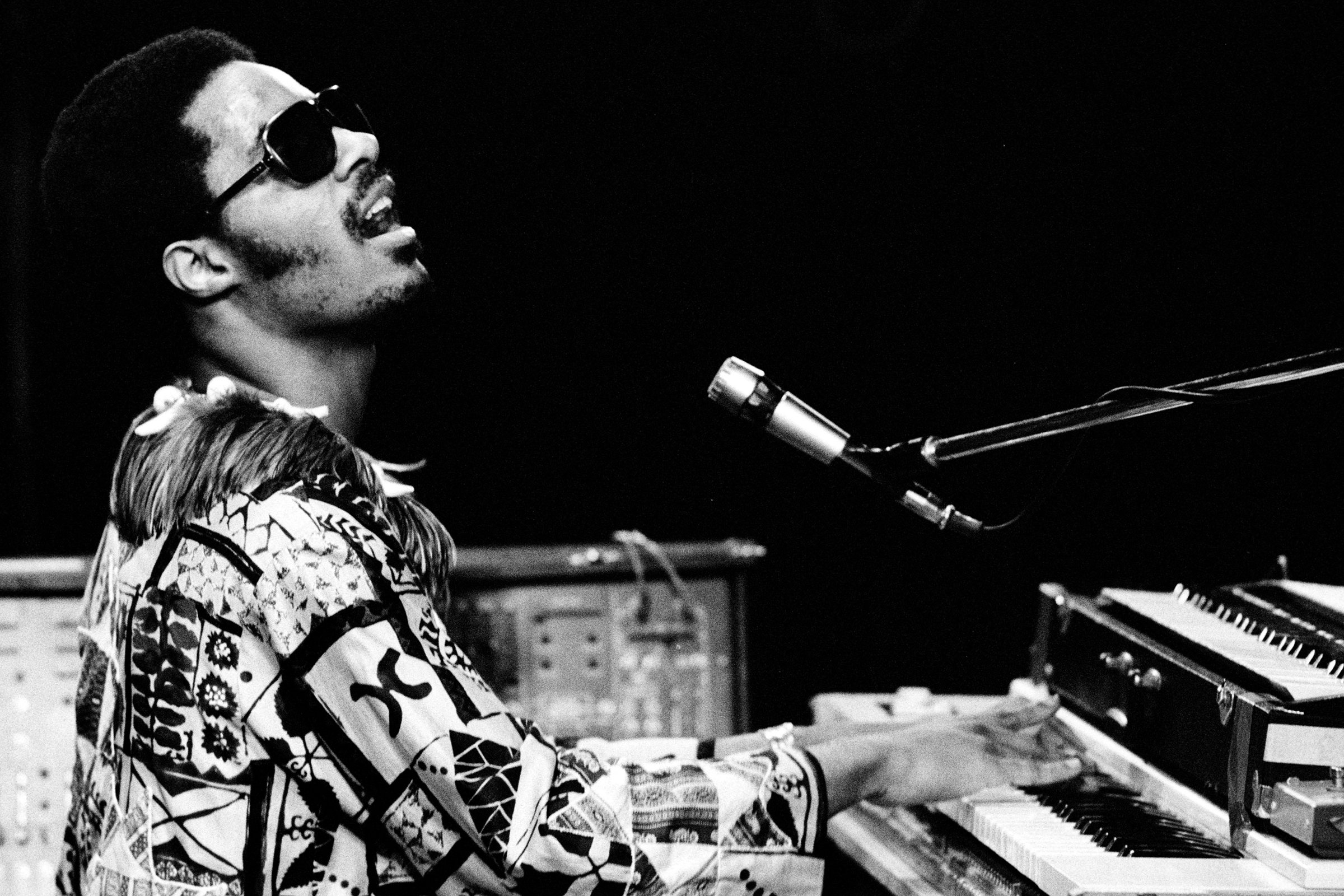
And Wonder’s touched on the subject since. During a 2010 appearance on Larry King Live, he spoke about what learning the piano had meant to him as a young blind boy. “Obviously, sound was very important to me,” the musician revealed. “So, when I was able to, you know, to touch that thing, what’s called a piano, I was curious about it.”
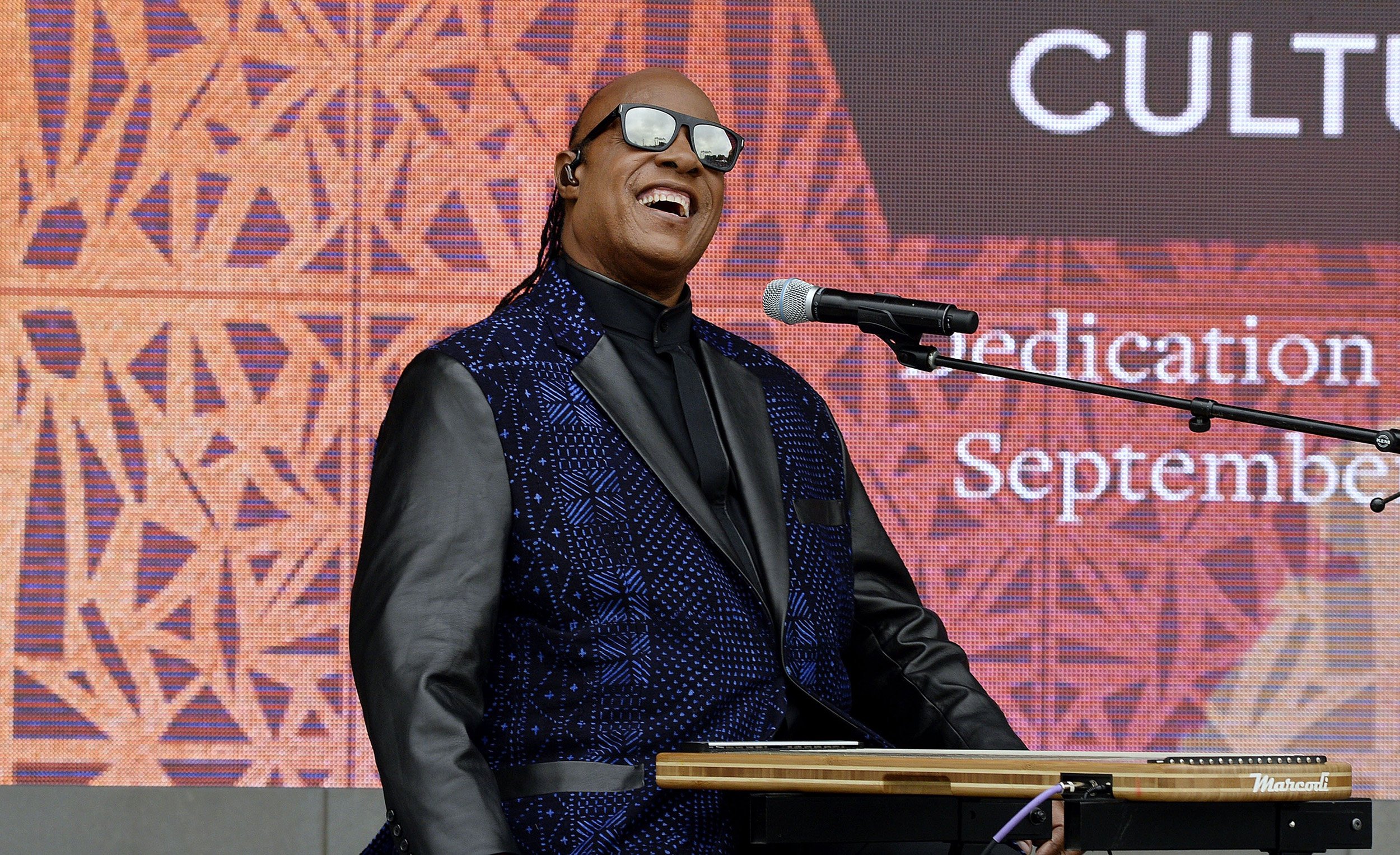
King then mentioned the blind jazz pianist George Shearing, who had once told him something profound. Shearing apparently said that he didn’t consider being blind a handicap, as it was all he knew. Wonder revealed that he knew Shearing too and regarded him as a great man.
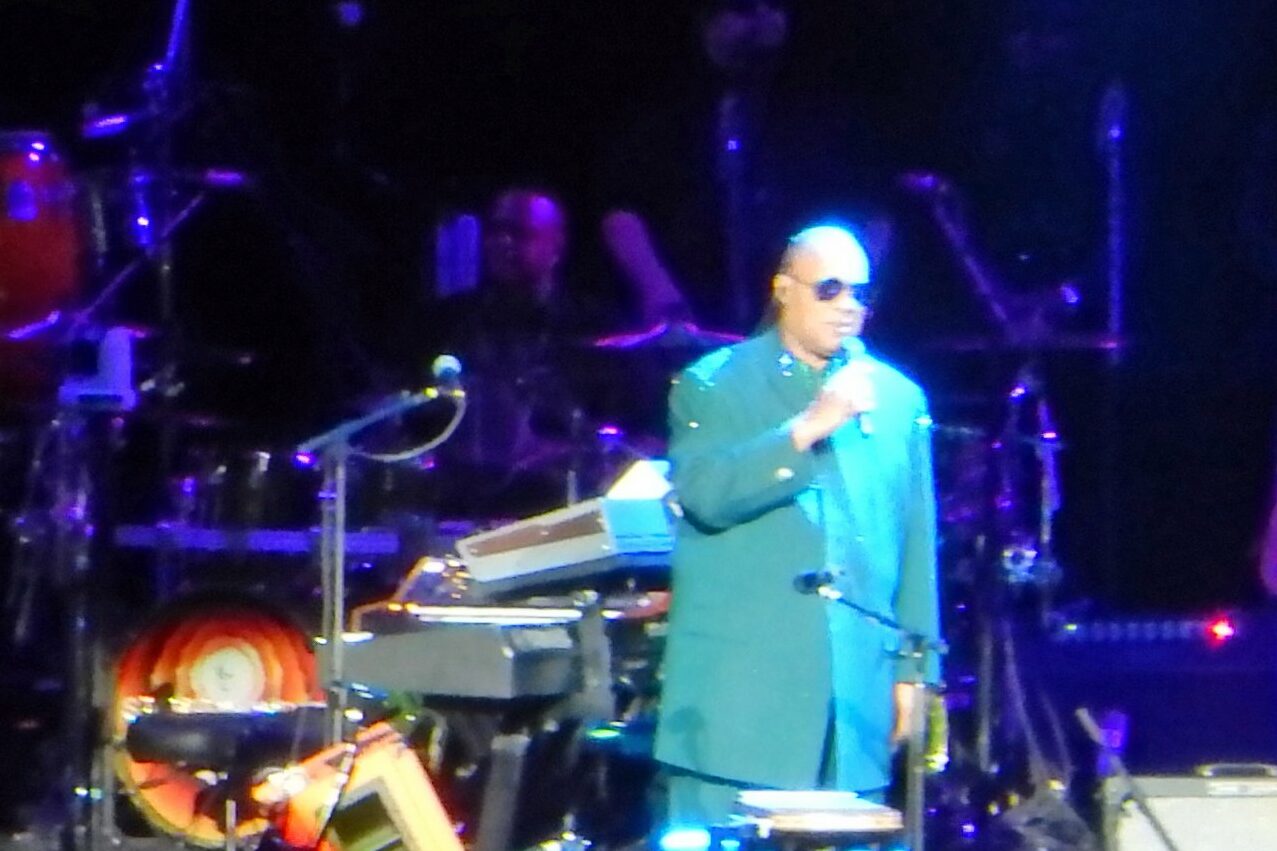
And in terms of Shearing’s view on his disability, Wonder agreed. He said, “Yes. I mean, it’s definitely more difficult for someone who has seen and then lost their sight.” Mind you, as we mentioned, Wonder hadn’t actually been born blind himself.
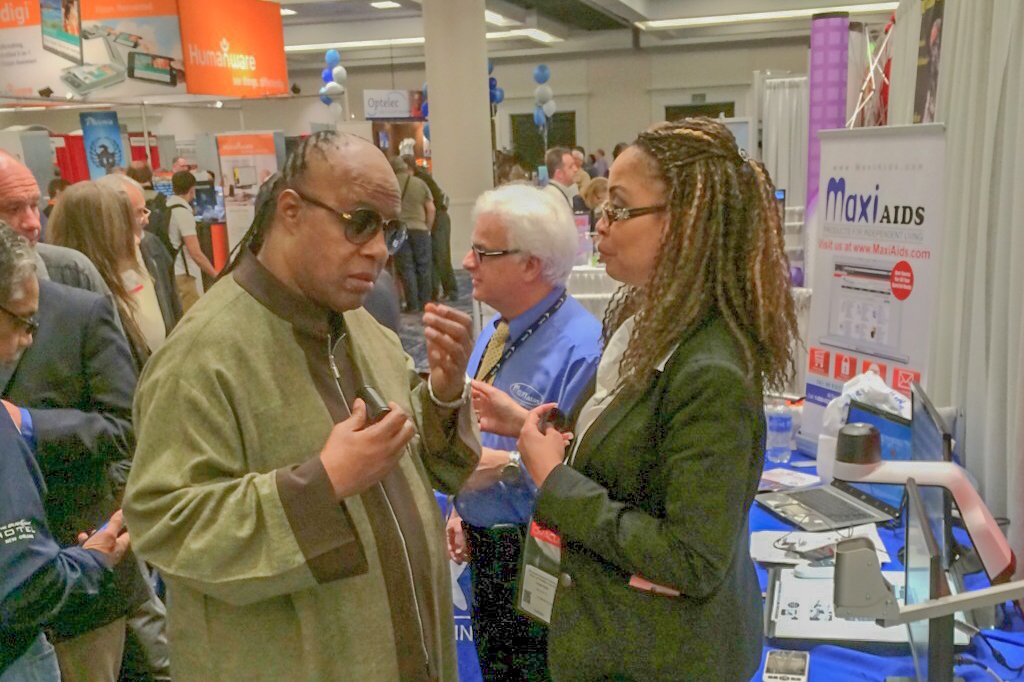
So, what effect did sightlessness have on Wonder’s creative process? King inquired, “When you write a song, where does it come from? I mean, you don’t see colors. You don’t see people. You don’t know what a television set looks like. You feel a piano, but you’ve never seen a piano.”
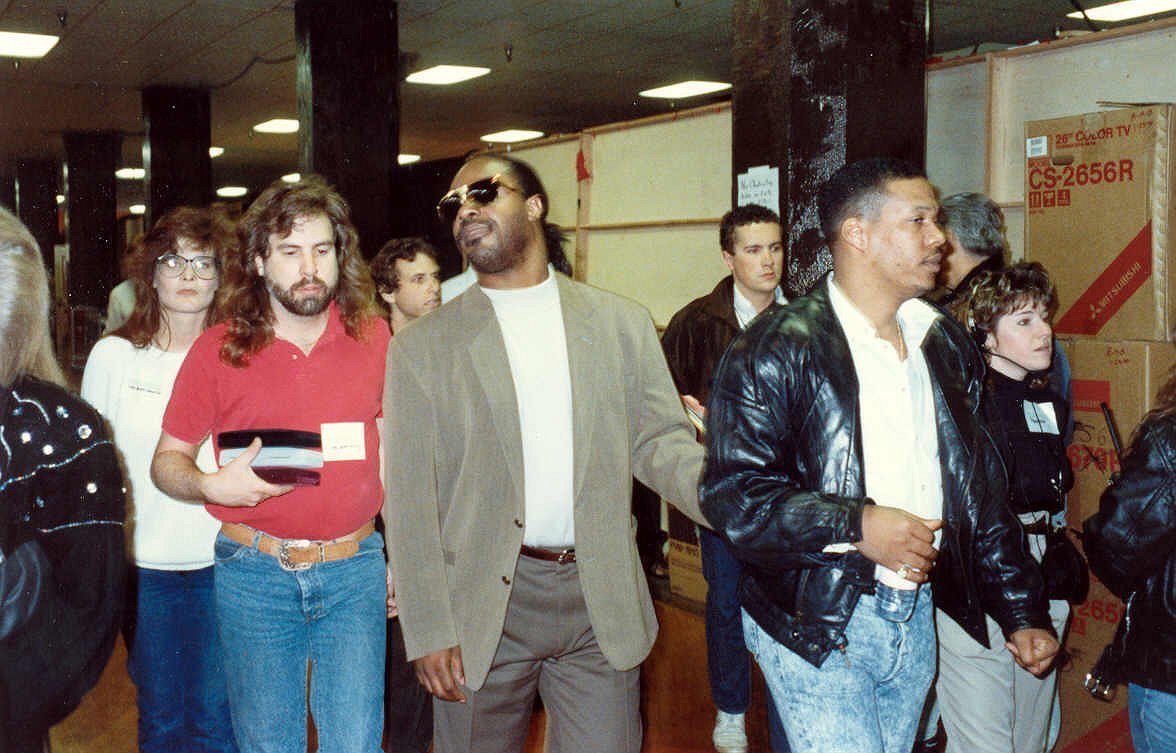
The R&B superstar replied, “I honestly think if I were to, you know, see a piano or to see someone or all the other things you mentioned… I think I’d be pretty close to where I imagine it to be. I think I’ve got a pretty good imagination. And I think that, you know, we really feel before we see. We really hear before we see.”
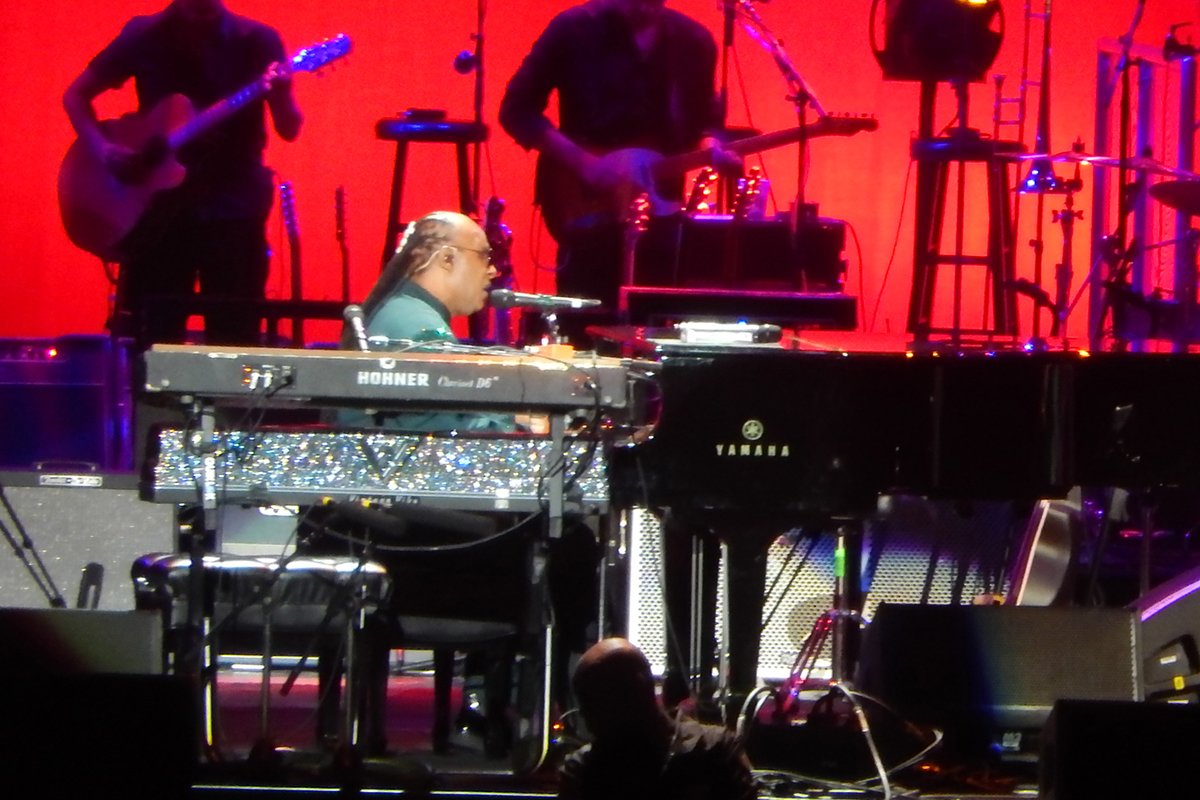
It’s a similar line of questioning to the one Oprah gave Wonder back in 2004. She asked the musical icon, “If you’ve never seen, can you miss it?” And Wonder gave a thoughtful reply that delved into the experiences that come along with sight. He said, “I miss what’s associated with seeing.”
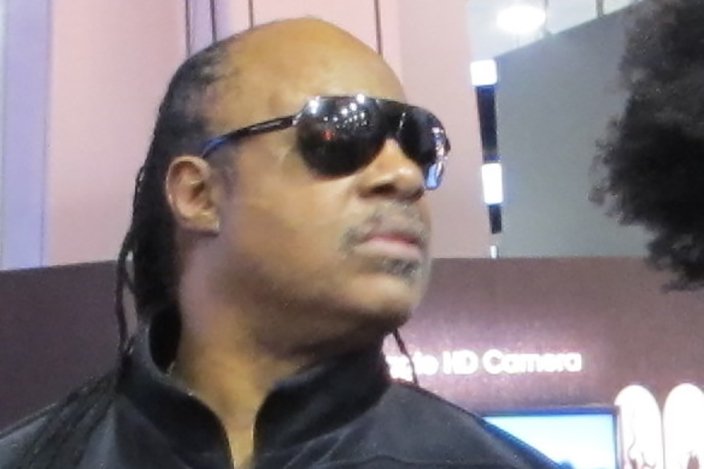
Wonder continued, “I’d be lying if I said I don’t miss being able to drive somewhere with my wife and kids alone or, back in the day, with my girl. But there’s nothing I can do about it. I just have to work it out.” That led Oprah to question how Wonder even understood the concept of sight.
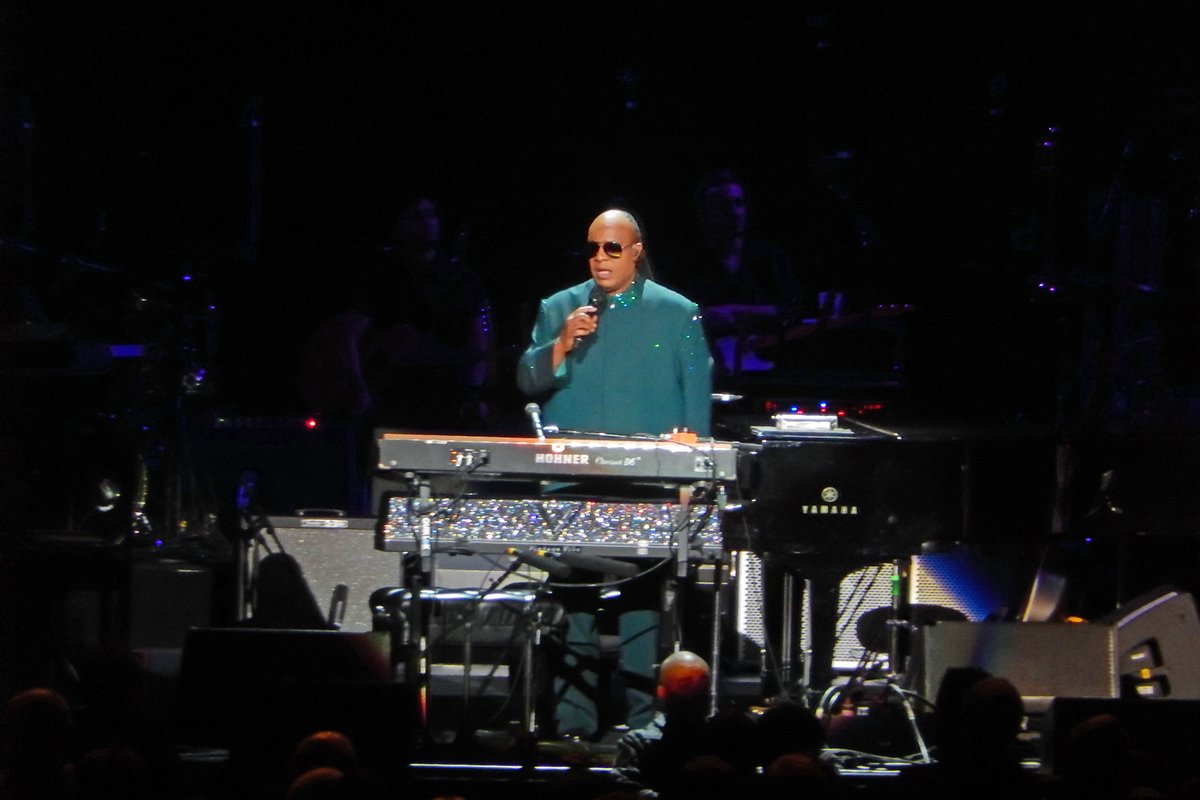
“Because I’m living life, aware of what everyone else is doing,” Wonder responded. “I have a vivid imagination.” Then, with characteristic self-deprecating humor, he added, “And growing up, I was around people who weren’t afraid to say, ‘Man, why are you lookin’ over there? What’s wrong with you? I’m over here. You need to keep your head still.’”
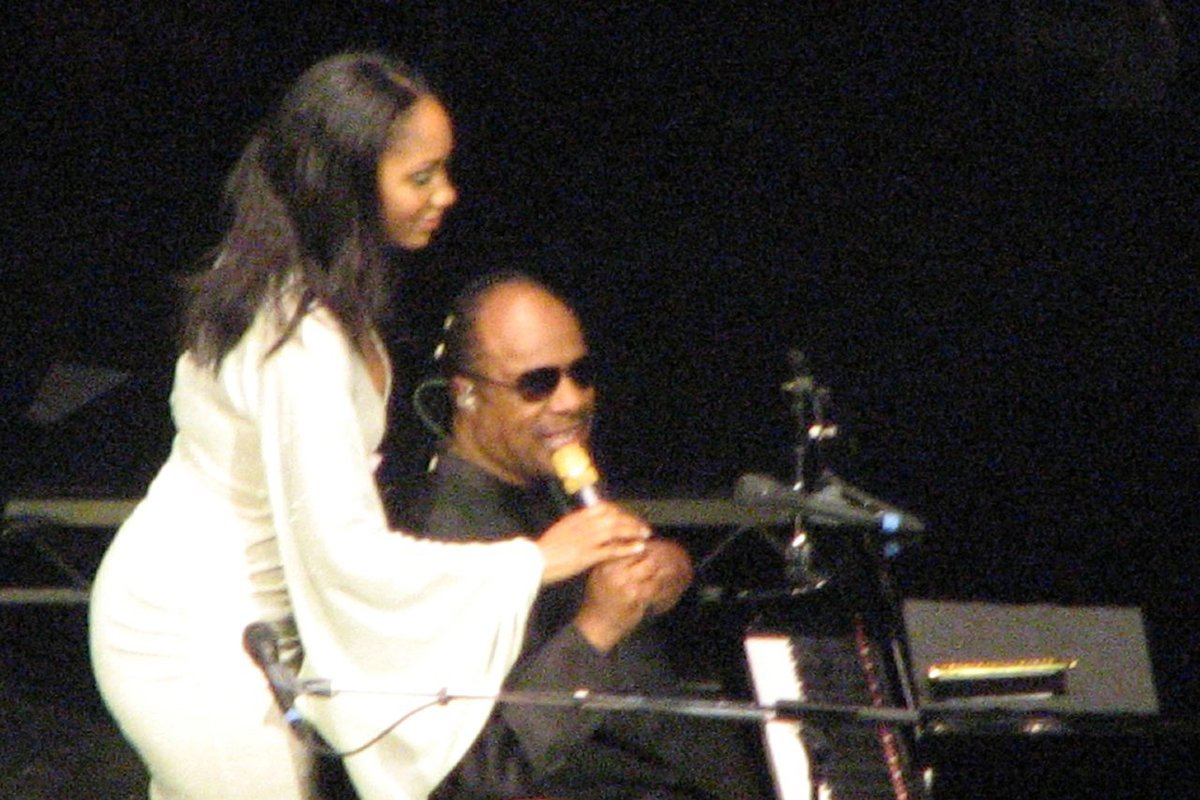
Talk then turned to how Wonder was treated by the people in the neighborhood while he was growing up. And he admitted with a laugh that he wasn’t recognized for his piano skills. “I was known as the blind boy who was always making noise, beating on walls, hitting on boxes, singing and playing the bongos from morning till sunset on the front porch,” the musical icon said. “People were like, ‘Give us a break.’”
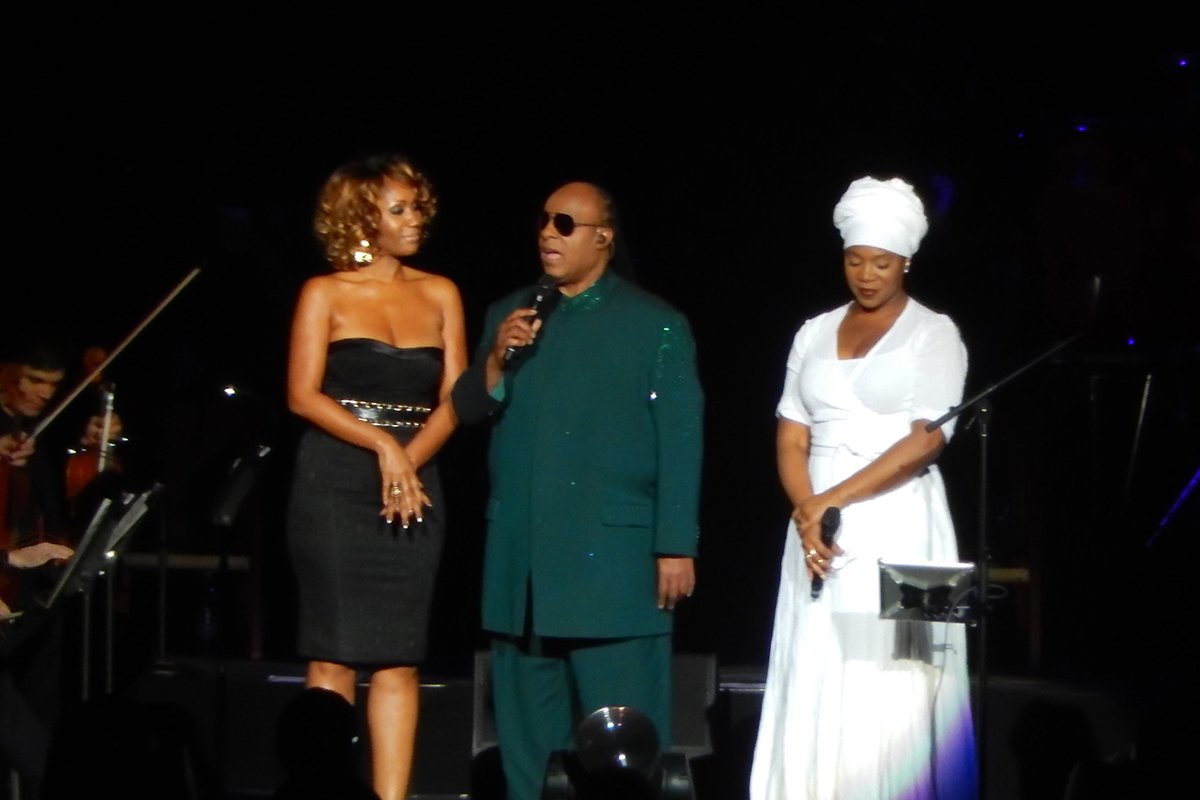
Wonder then gave a fascinating insight into daily life as a blind person. He spoke of developing “facial radar” – or his ability to hear noises reverberating off objects nearby. He explained, “If you close your eyes and put your hands right in front of your face, then move your hands, you can actually hear the sound of the air bouncing off your hands.”
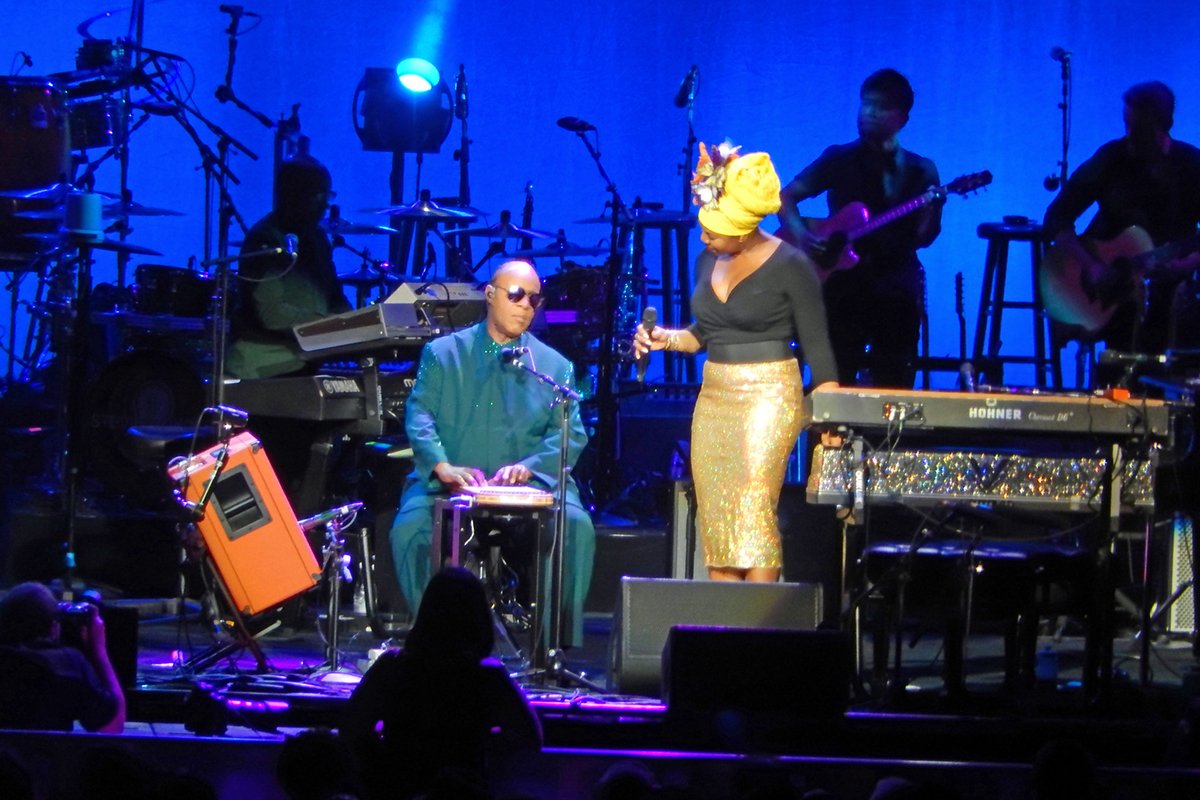
Oprah asked whether everything had a sound, to which Wonder said, “Yes.” He elaborated, “Everything has a sound in terms of its placement. In other words, there are many things in this room, and they make up how this room sounds – how dead or alive it is acoustically. If you took this desk out, the audio picture would be different.”
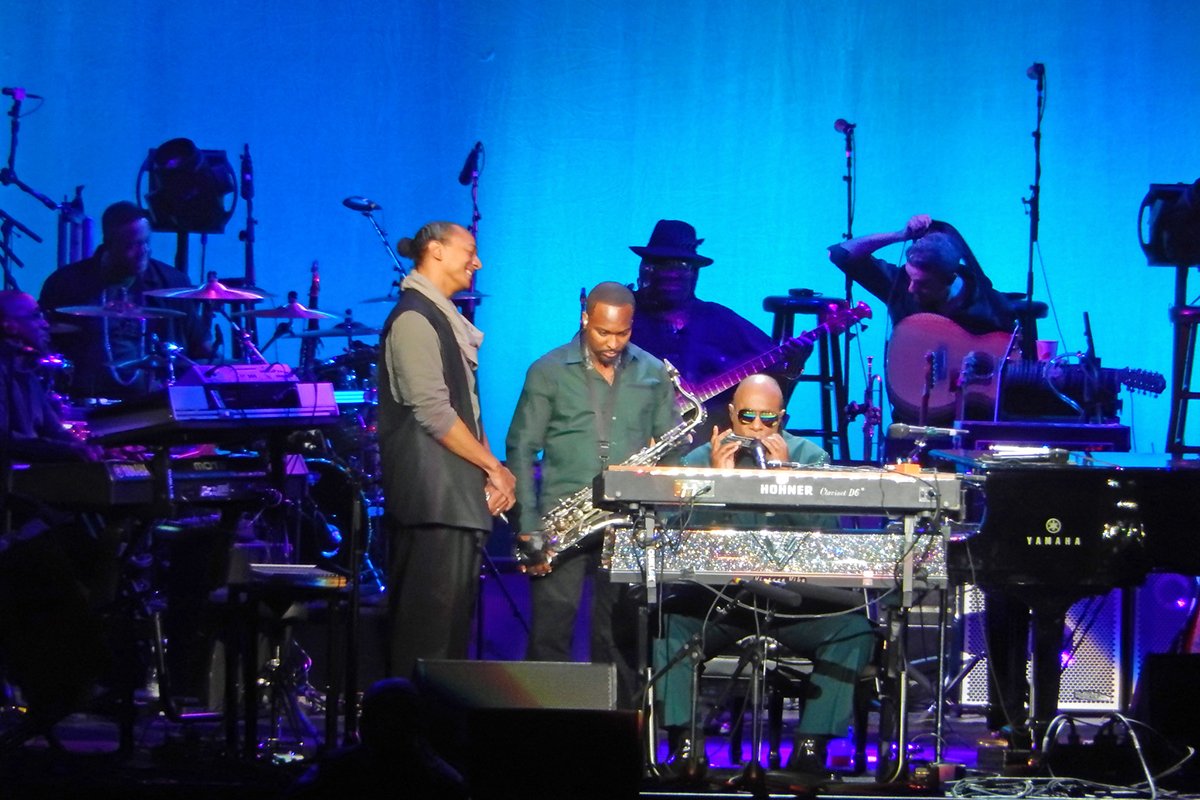
Inevitably, Wonder also broached the topic of his sight in a 2012 interview with The Guardian. There, he was asked if he had ever felt disadvantaged by being blind or by being born black. And to that, the star responded, “Do you know, it’s funny, but I never thought of being blind as a disadvantage, and I never thought of being black as a disadvantage.”
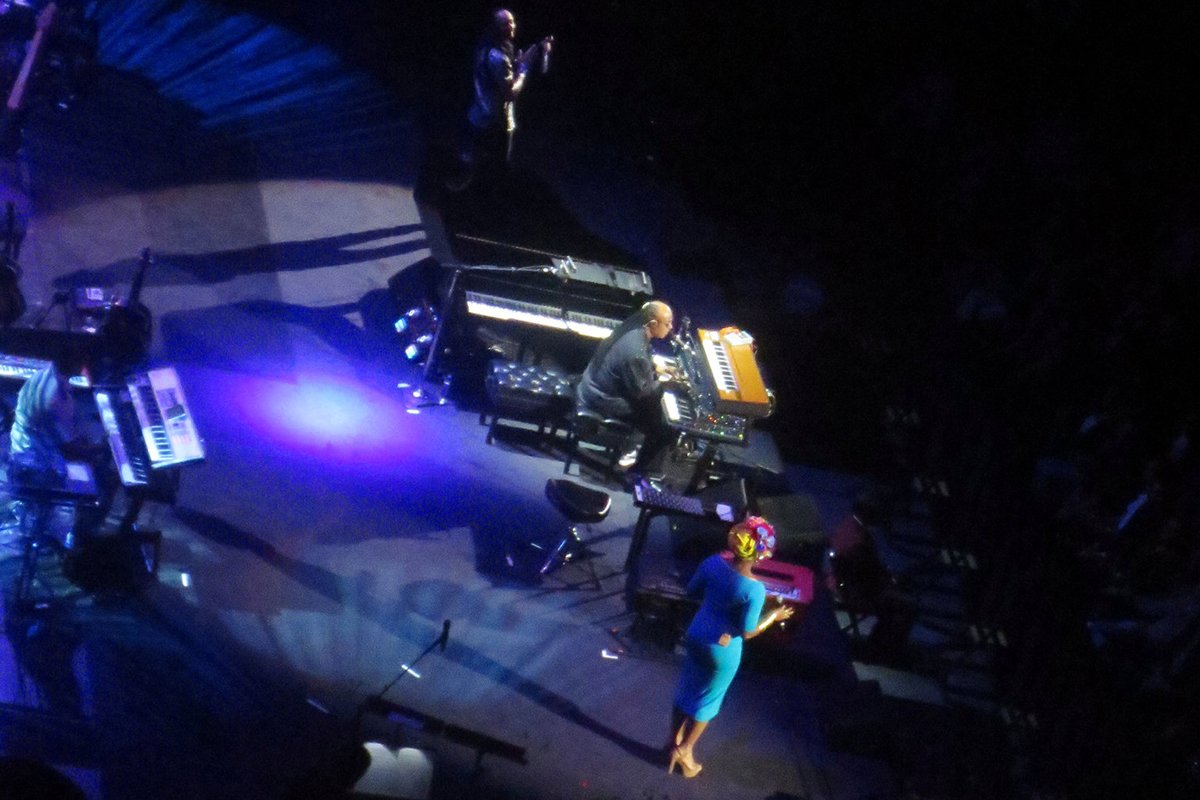
The “Superstition” singer continued, “I am what I am. I love me! And I don’t mean that egotistically. I love that God has allowed me to take whatever it was that I had and to make something out of it.” All in all, he felt blessed to have musical ideas come so freely to him. “The genius in me is God – it’s the God in me coming out,” Wonder added. That’s an admirable attitude – especially as he wasn’t actually born blind. If things had gone a different way, in fact, he still would have had his sight.
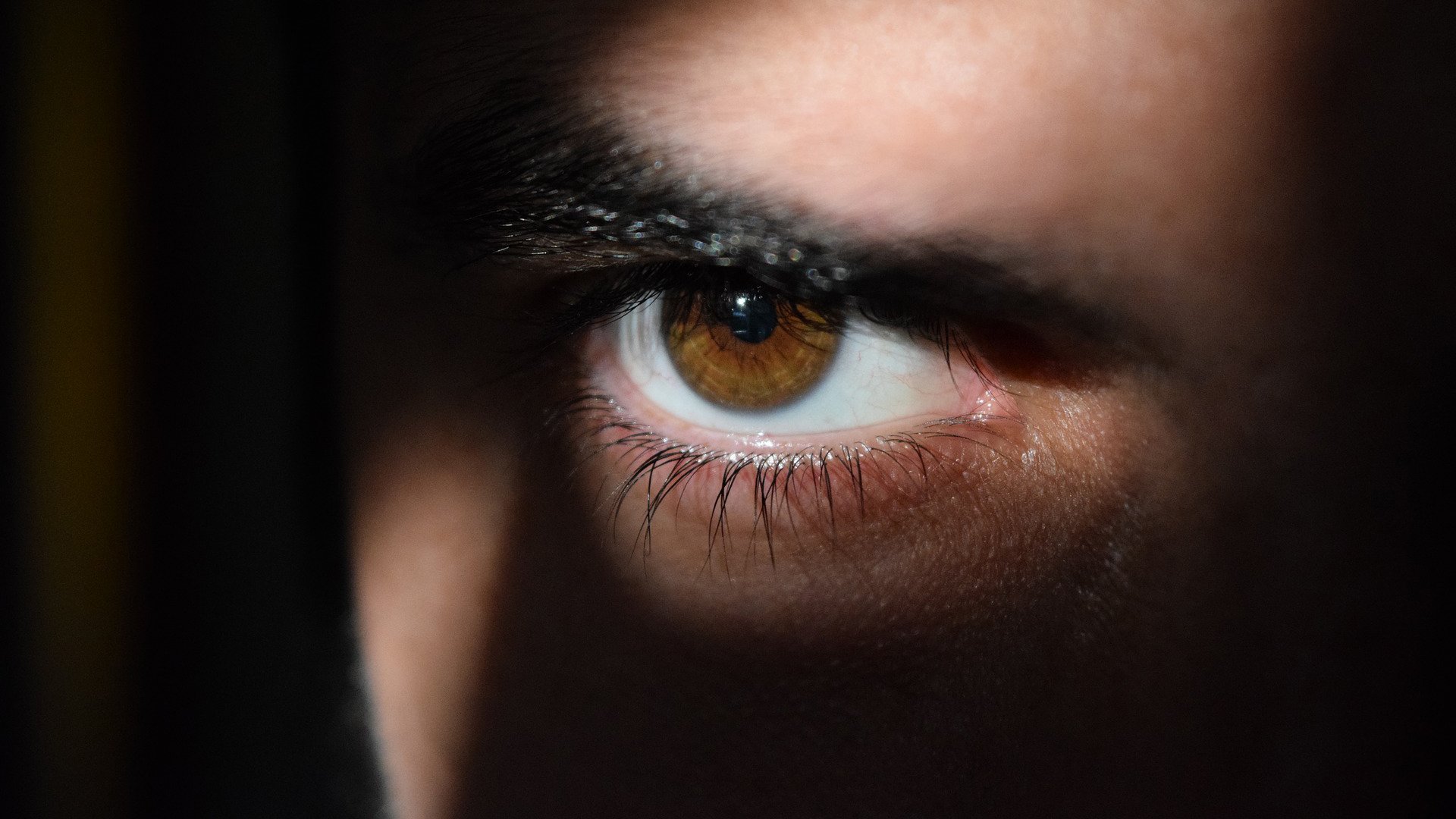
It’s a subject touched on in that 2004 Oprah interview. The host asked Wonder if he had any memory of colors – perhaps because, at one point, the star was able to see. That led the pair on to speaking about the mistake that had taken Wonder’s vision.
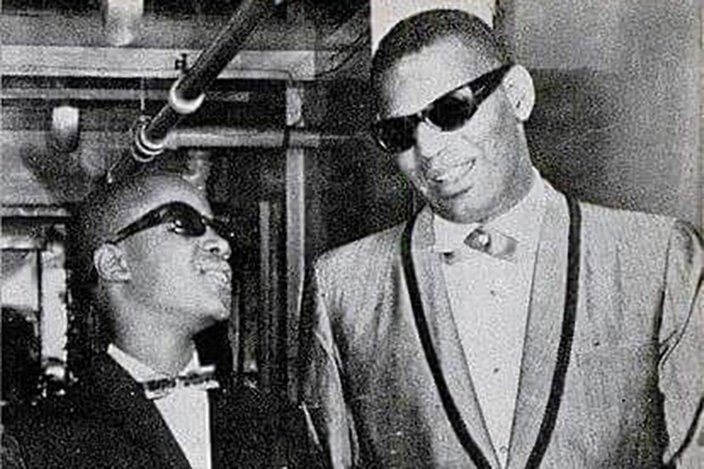
“When someone mentions a color, I associate it with my understanding of what that color is,” Wonder revealed. “I may have been able to see for a short time after I was born.” Oprah picked up on this and asked, “Weren’t you put in an incubator and given too much oxygen?”
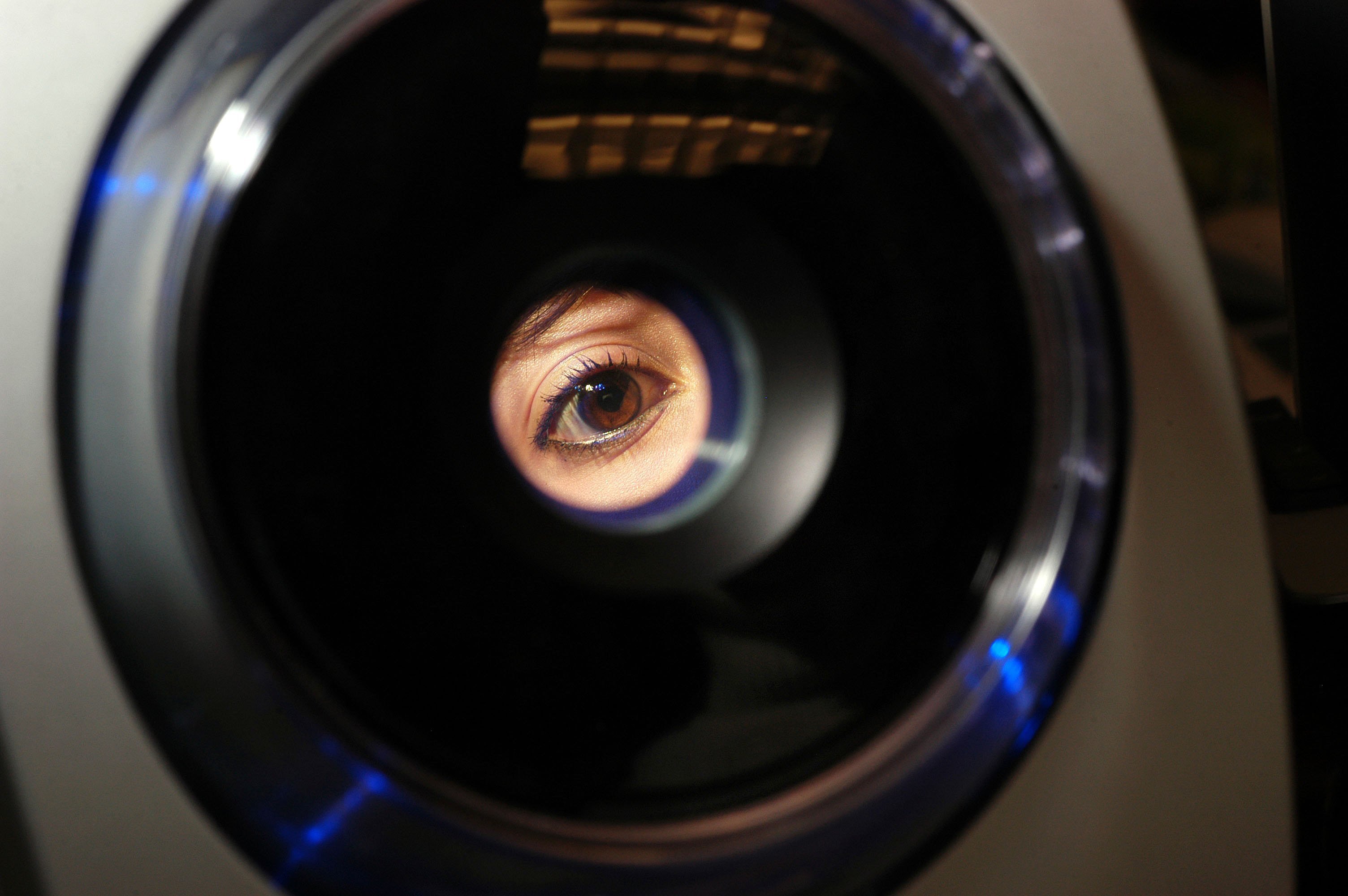
Wonder then confirmed that this was indeed how he had lost his eyesight as a newborn. He said, “Right – I was premature. My doctor didn’t know what’s known now about the right amount of oxygen, so I was given too much, and an area of my eyes was destroyed.” So, what exactly happened?

Well, in 1950 Wonder – or Stevland Hardaway Judkins, as he was then known – was born six weeks early in Saginaw, Michigan. As a baby, he was then placed into the incubator for life support. But by the time Wonder was seven weeks old, he had lost the ability to see. And, tragically, it was a case of doctors making a terrible mistake.
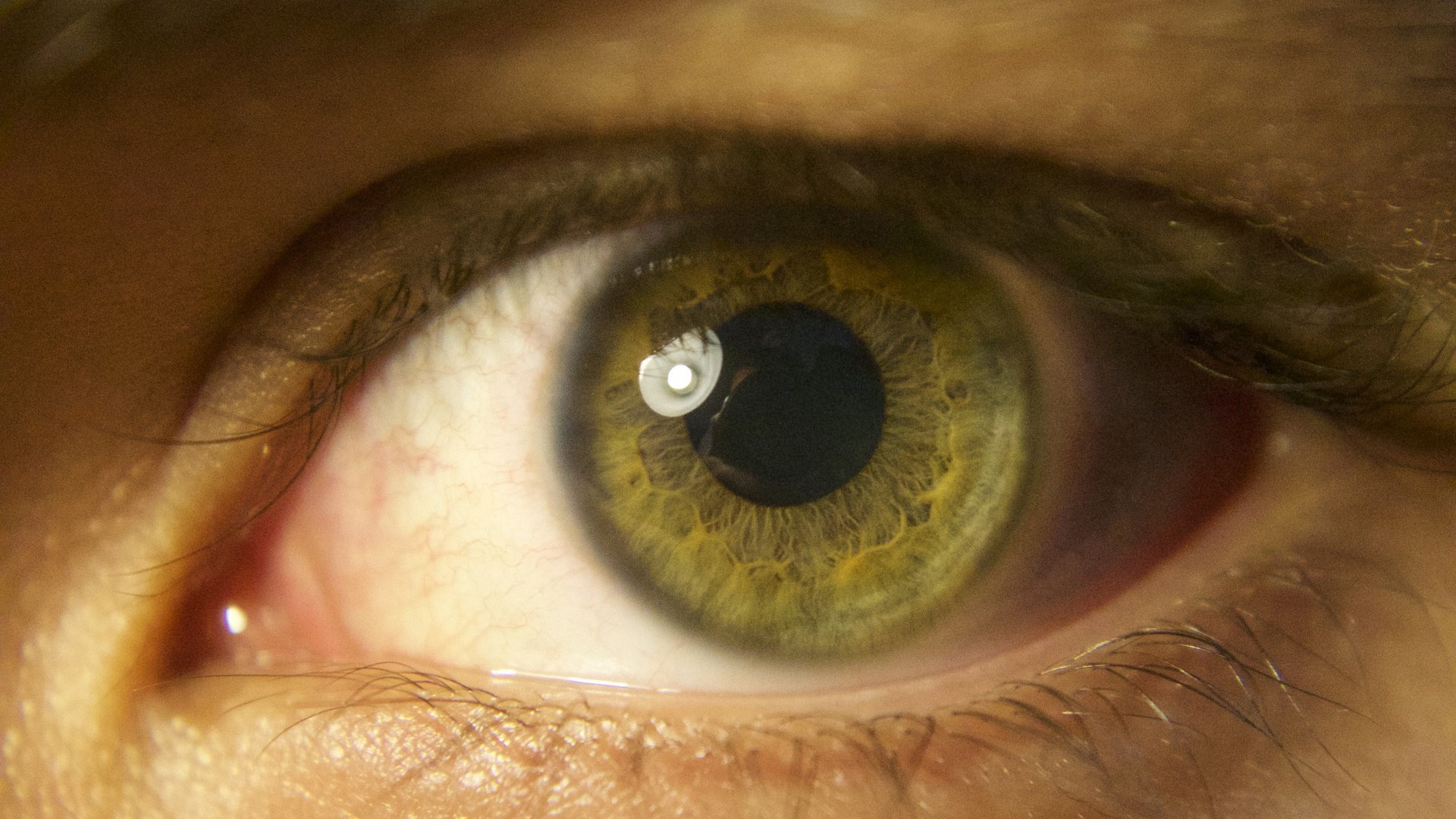
As Wonder told Oprah, too much oxygen was pumped into the incubator, and this caused abnormal blood vessels to grow in his eyes. These vessels then spread to the retina, which is the line of tissue at the back of the eye. And when these vessels ultimately hemorrhaged, they damaged the retina, which caused it to detach.
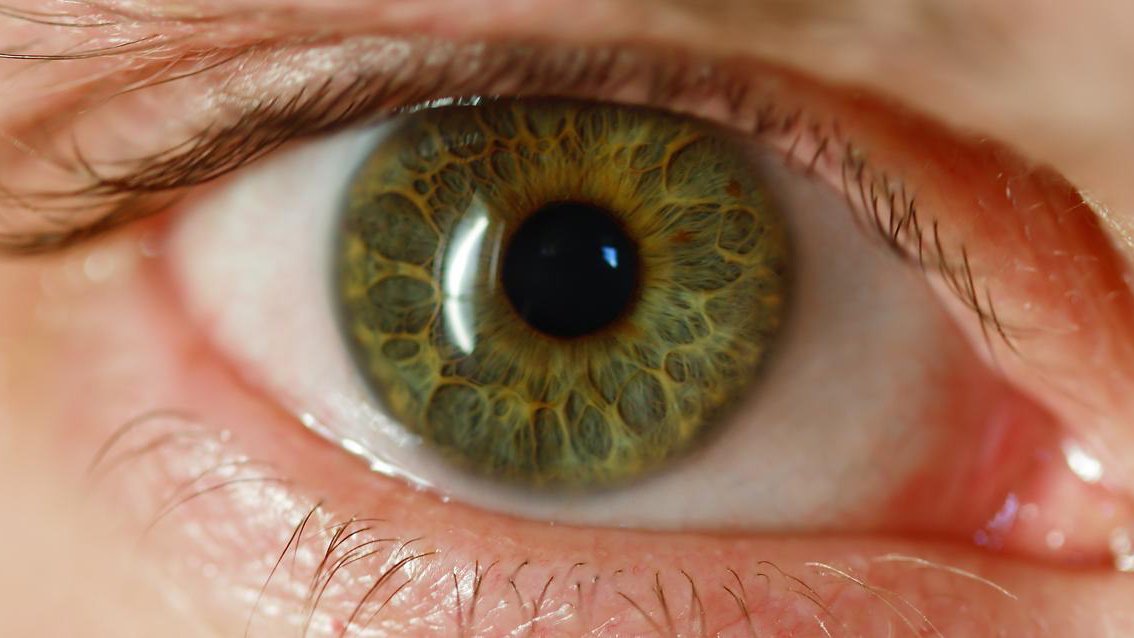
According to the National Eye Institute, this condition is known as retinopathy of prematurity. It generally affects premature babies who weigh up to just under 3 pounds, and unfortunately it’s one of the primary causes of blindness in children. The condition was first diagnosed in 1942 – eight years before Wonder came into the world. But while it may seem implausible, the star believes he actually had something of a lucky escape.
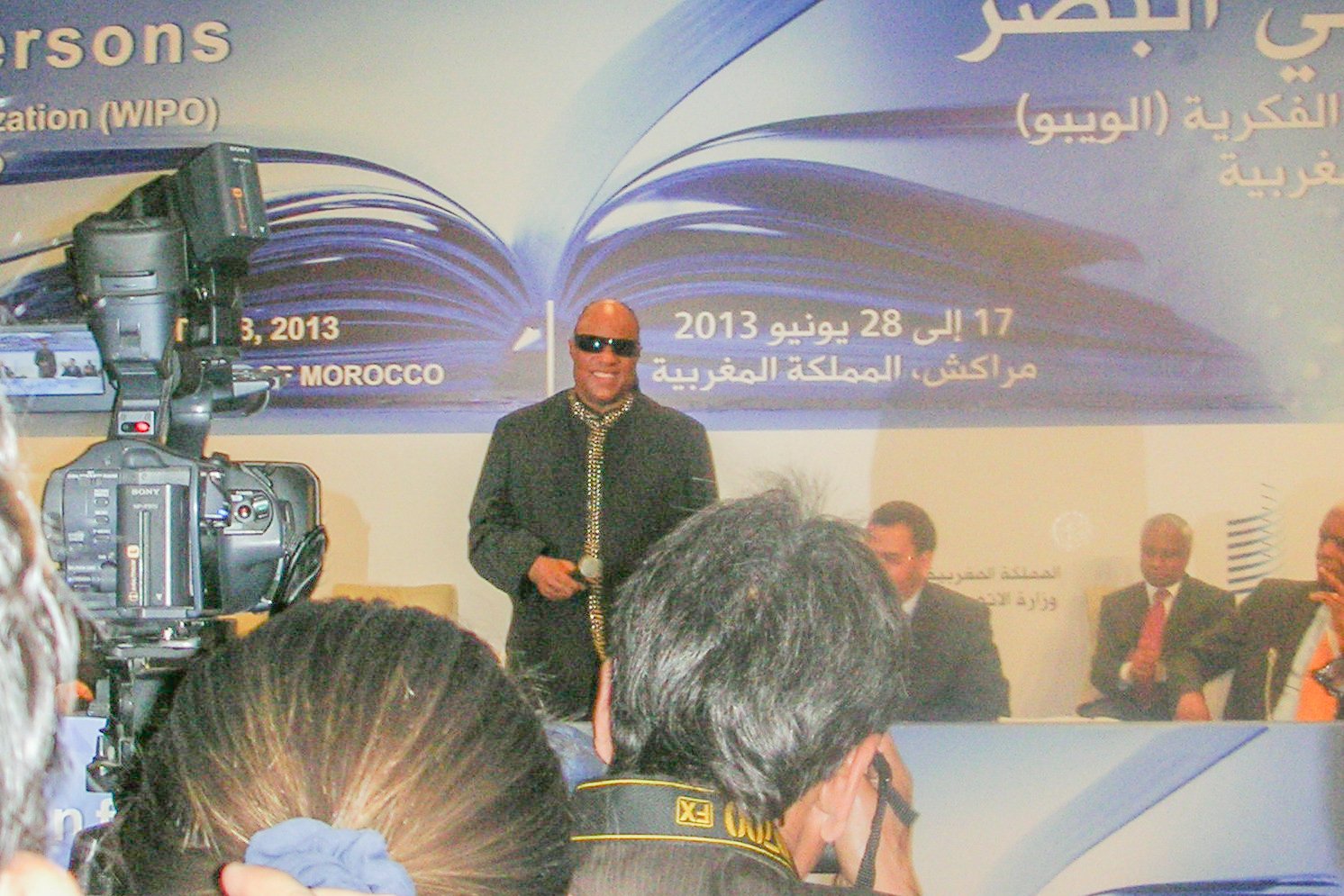
“A girl who was born one minute before me actually died,” the Motown legend said to Oprah. “She couldn’t withstand that much oxygen.” Amazingly, Wonder was adamant that he has never felt any ill will toward the doctor who had made such a catastrophic mistake. He has also never become bitter about how it robbed him of one of his senses.
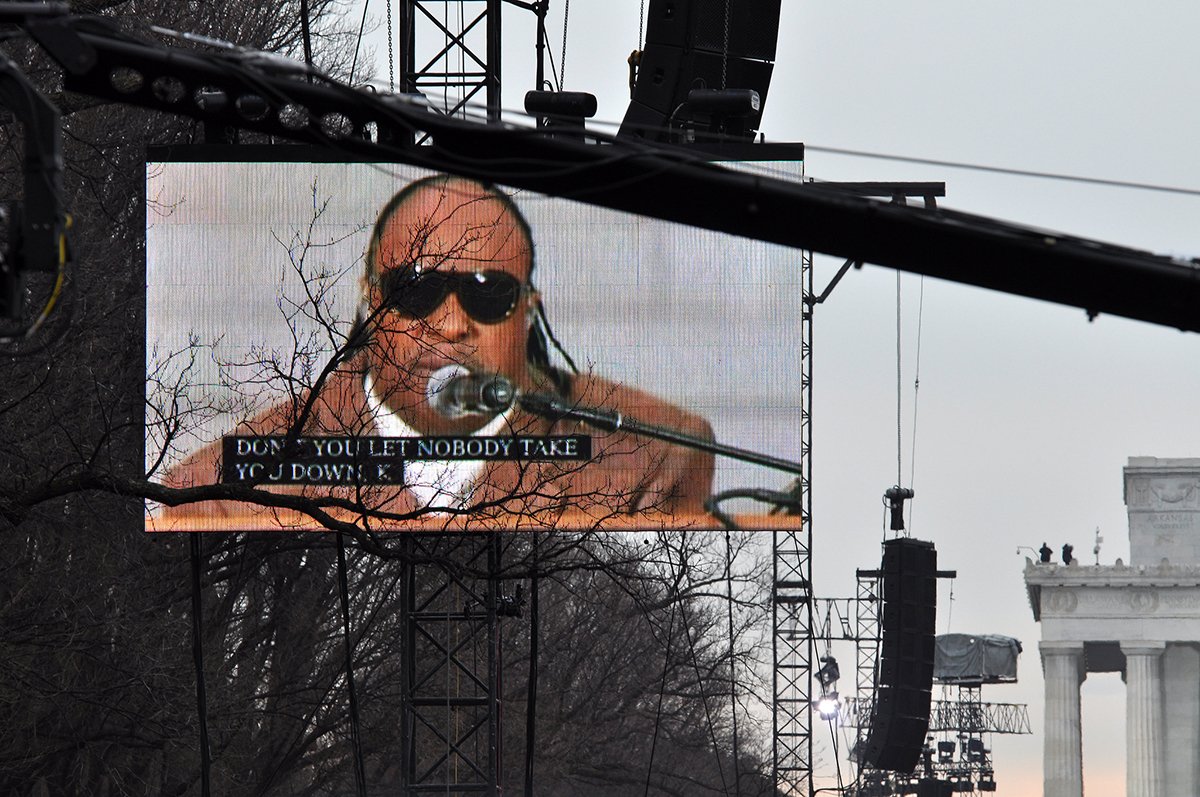
The singer said, “Once I went to Saginaw, Michigan, and visited the hospital where I was born. There was this big hoopla – they gave me a special award. I think people were scared I was planning to sue that doctor’s ass. But he didn’t have any intent to harm me.”
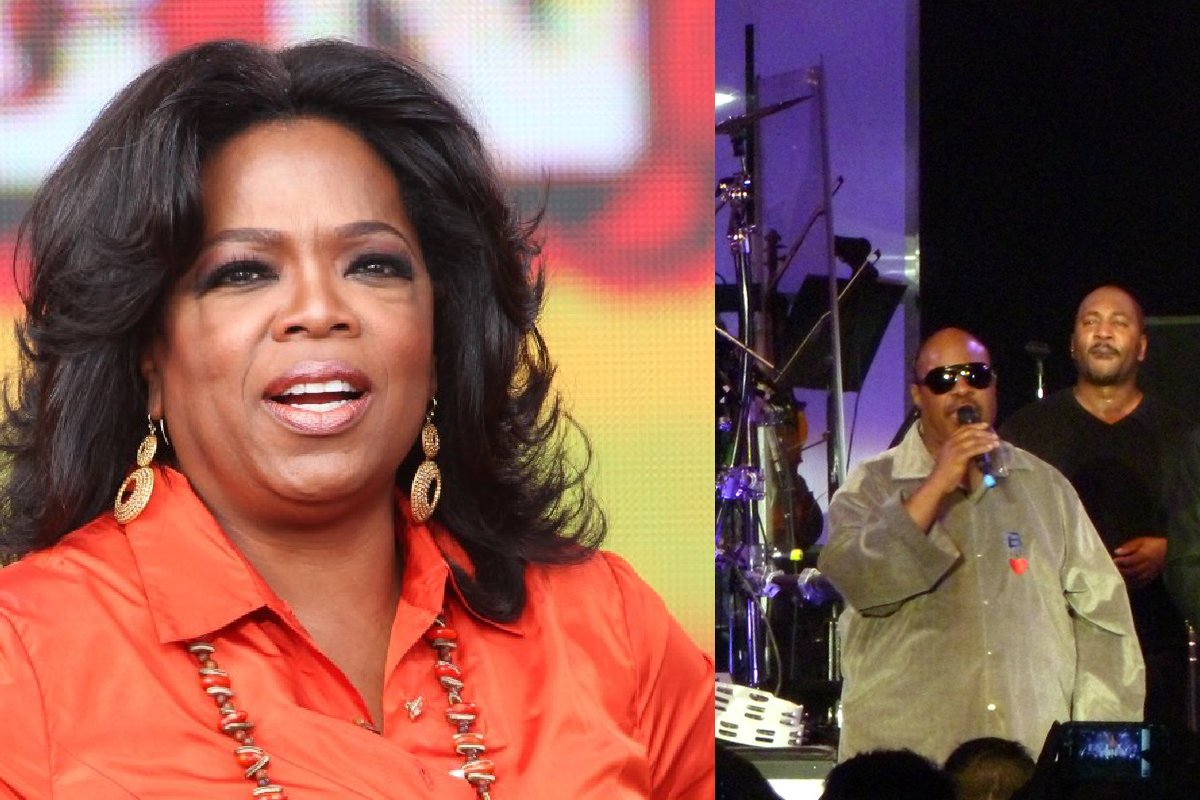
One story that has become Wonder folklore is that, as a child, he had told his mother, “Don’t worry about me being blind, because I’m happy.” Ever the diligent journalist, Oprah asked if that was true. And the pop legend confirmed it for her, replying, “I said something like that.”
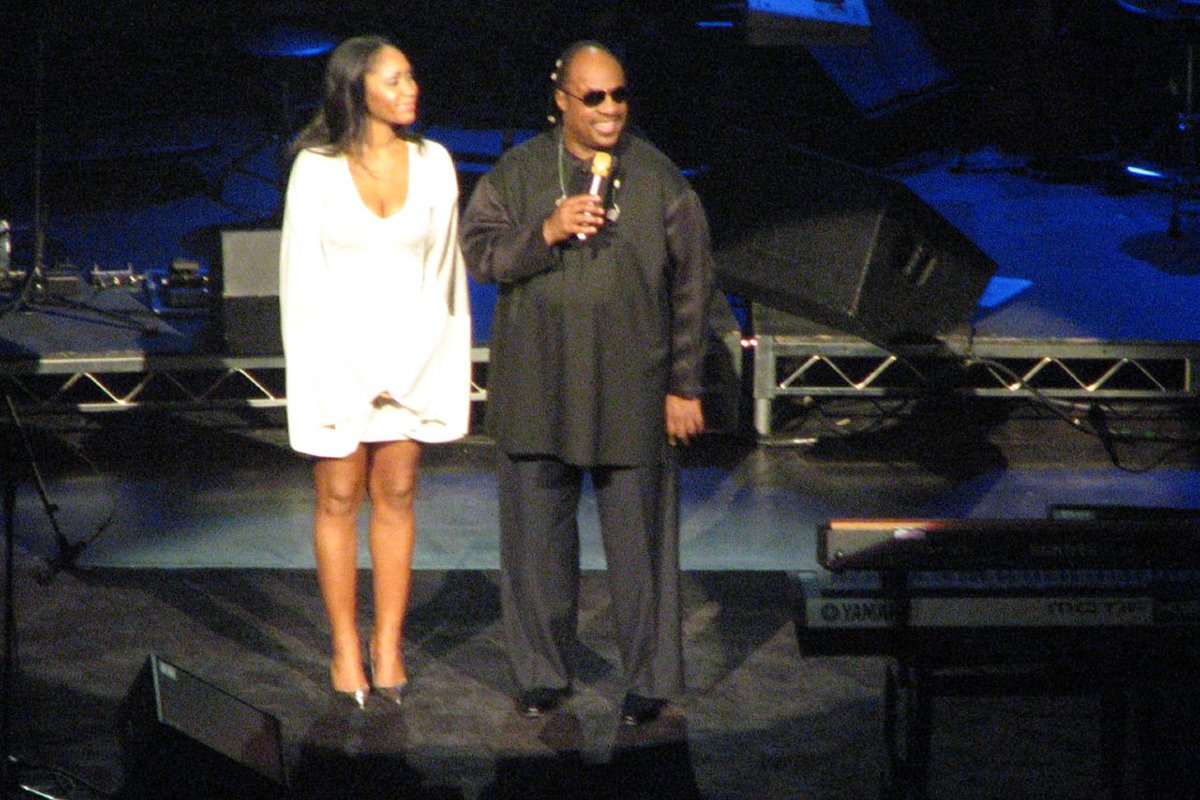
Wonder explained that he had hated seeing his mom upset over his condition and wanted her to know he was okay. “It bothered me that my mother was crying all the time,” he revealed. “She thought God might be punishing her for something. She lived during a time when things were particularly difficult for a woman in her circumstances.”
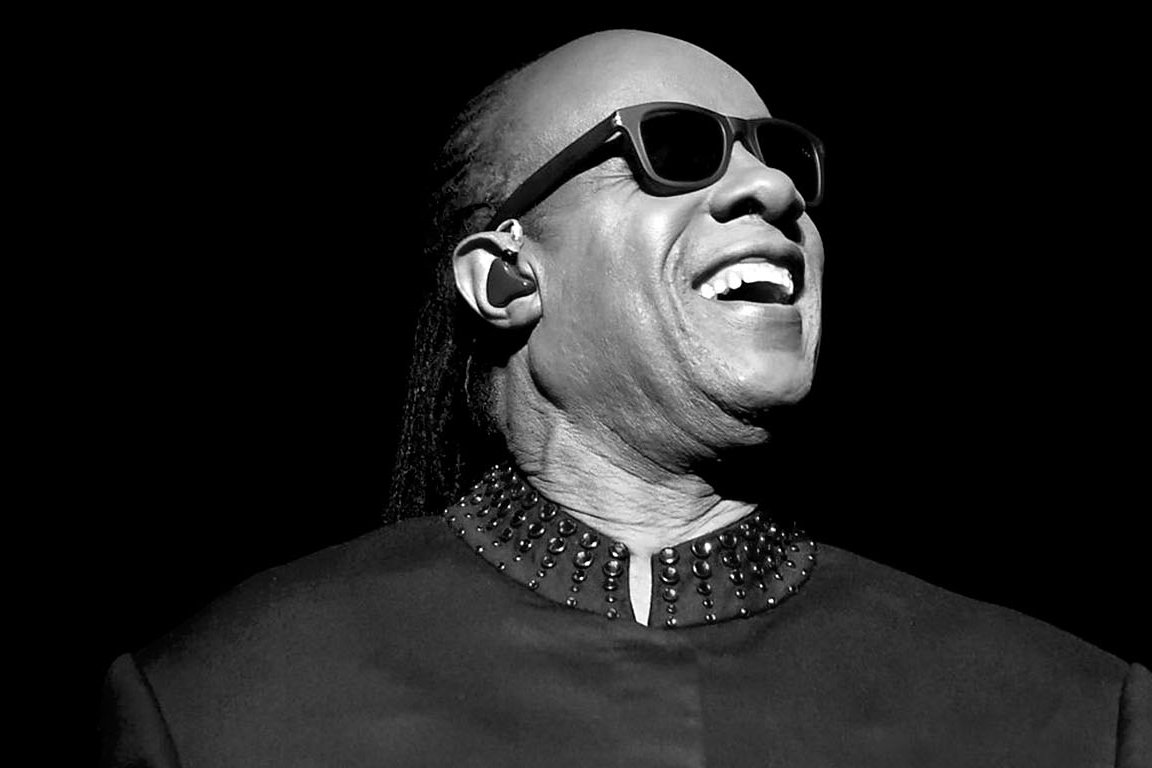
But Hardaway had still given her son some crucial life lessons. These were, Wonder said, “to persevere, to never be ashamed [and] to not let my past bury me.” These mantras gave him a sense of confidence in himself – no matter what obstacles were placed in his path.
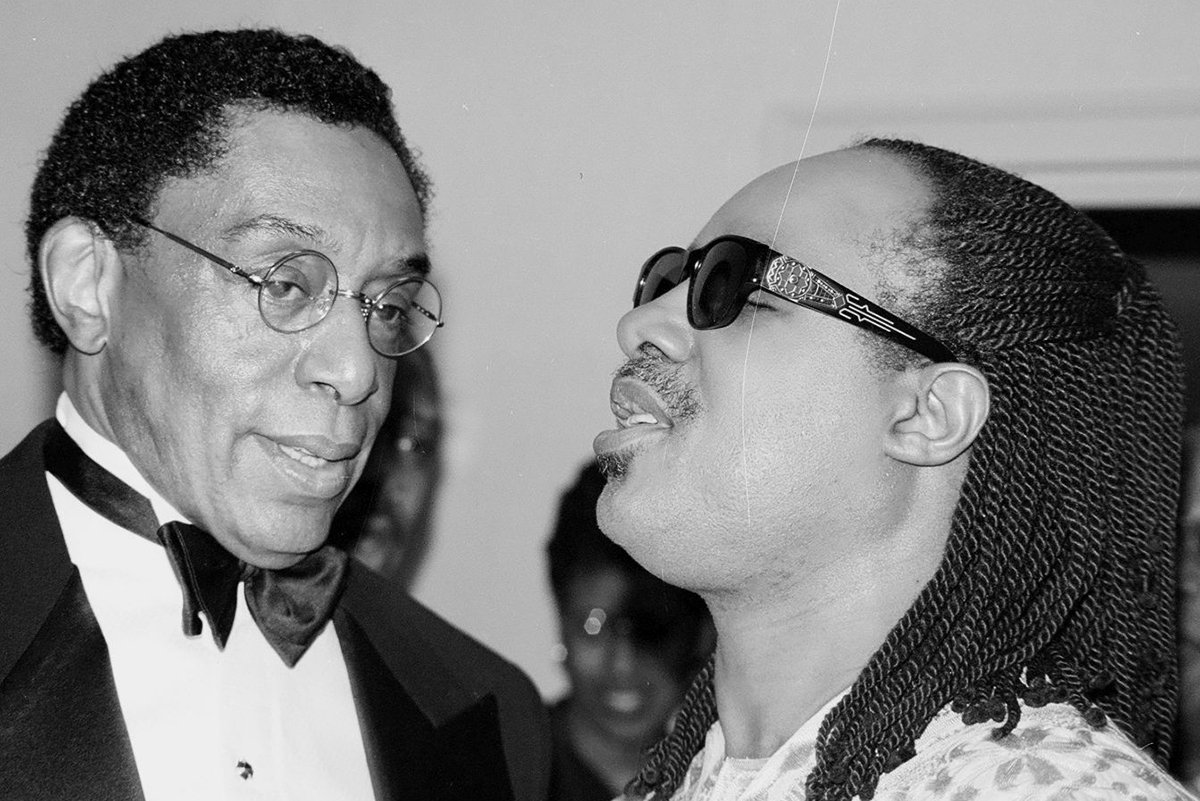
“When I was a child, kids used to make fun of me because I was blind,” Wonder admitted. “But I just became more curious. ‘How can I climb this tree and get an apple for this girl?’ That’s what mattered to me.” The young blind boy wasn’t about to let his disability get him down or define him. His mother had taught him better than that.
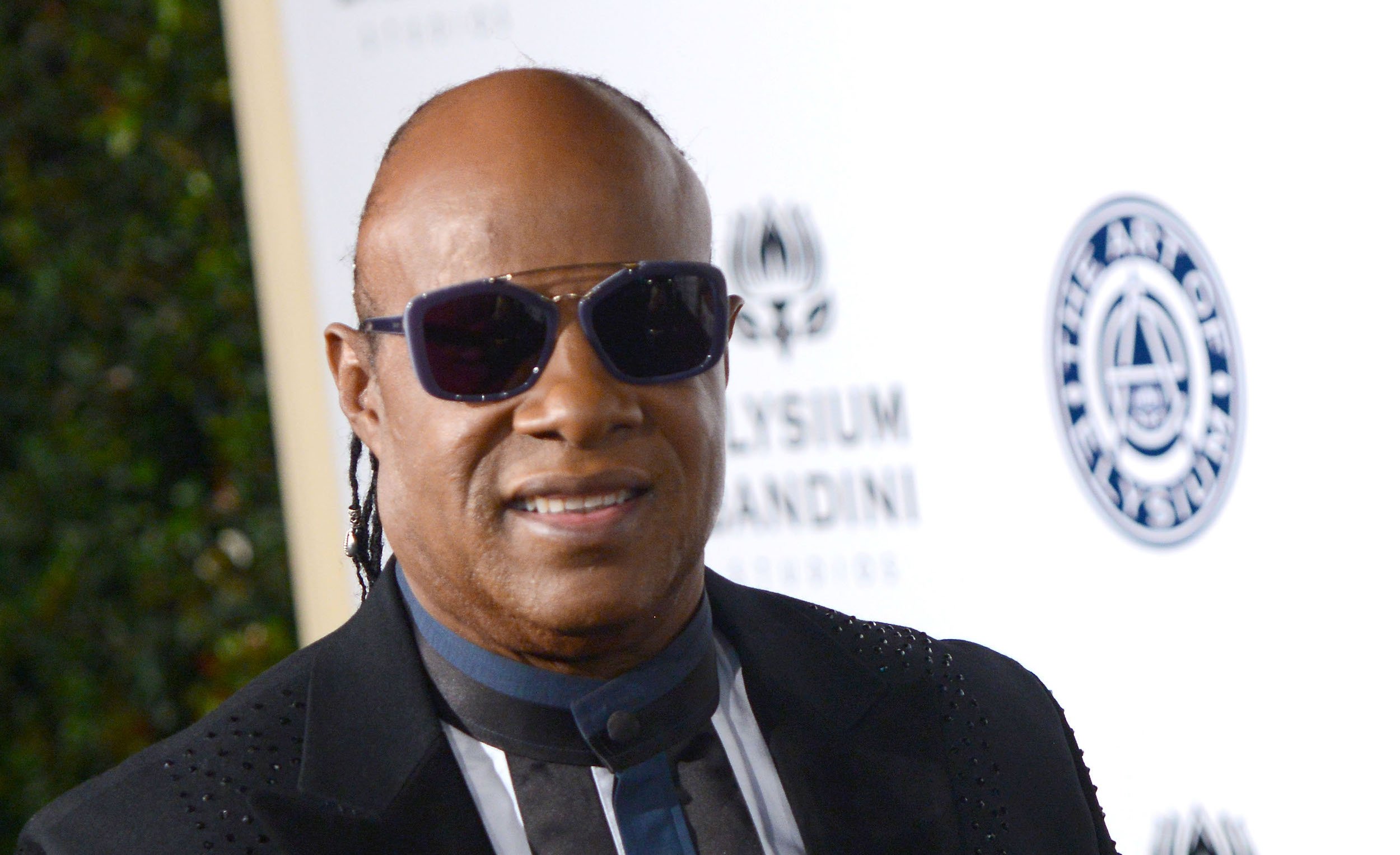
In fact, Wonder explained that the way his mom had chosen to raise him had helped him reject the idea that he was disabled. She let him make his own mistakes, for example, although she was always there to help him if he needed it. The star explained to Oprah, “[My mom] didn’t bind me up. She wasn’t like, ‘Don’t step there!’ or ‘Watch out, you’ll fall!’”

Wonder added, “[My mom would] tell me to be careful, but I was going to do what I was going to do. She was just fast enough to catch me. She knew I had to learn – and the more she allowed me to do, the more she could let go.” Looks like that approach paid off, too, if Wonder’s incredible, boundary-breaking career is anything to go by.

